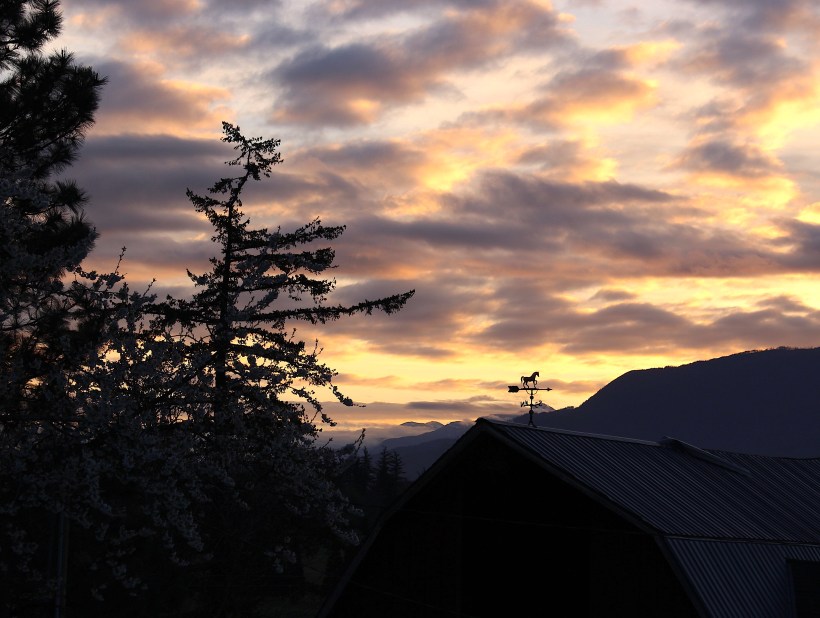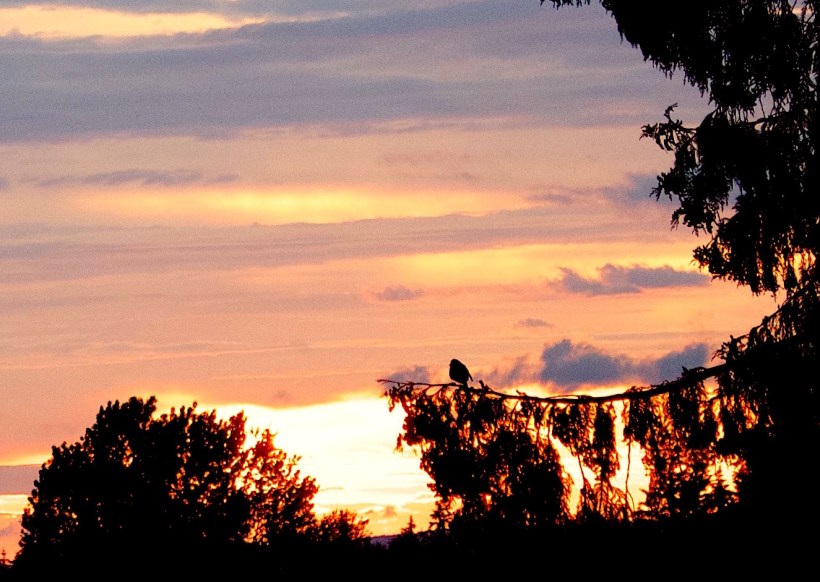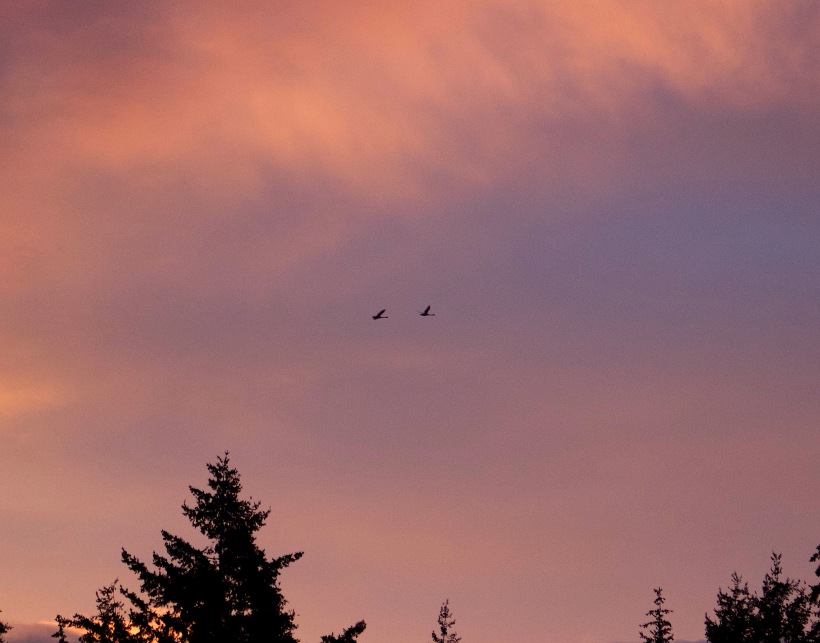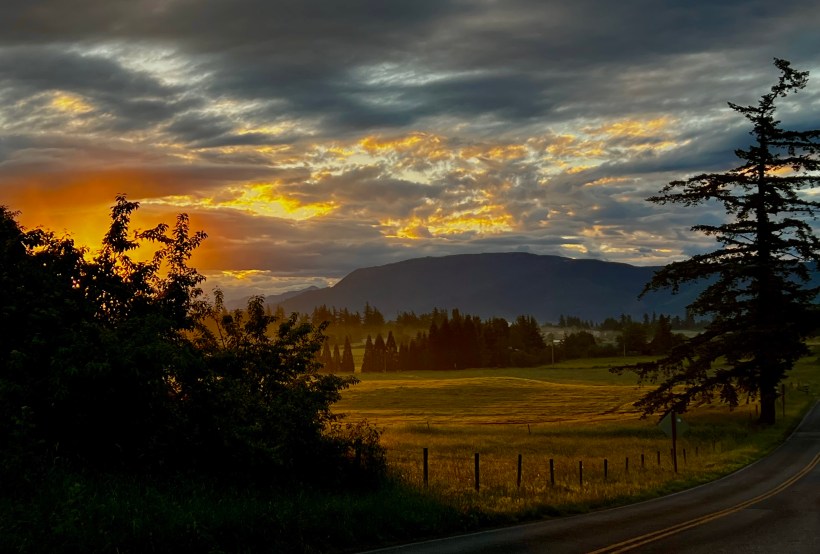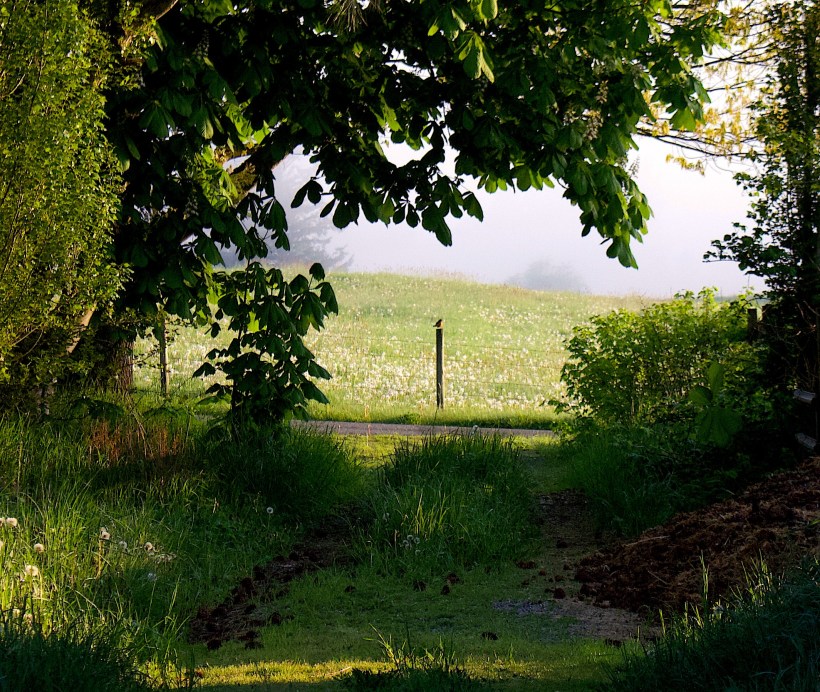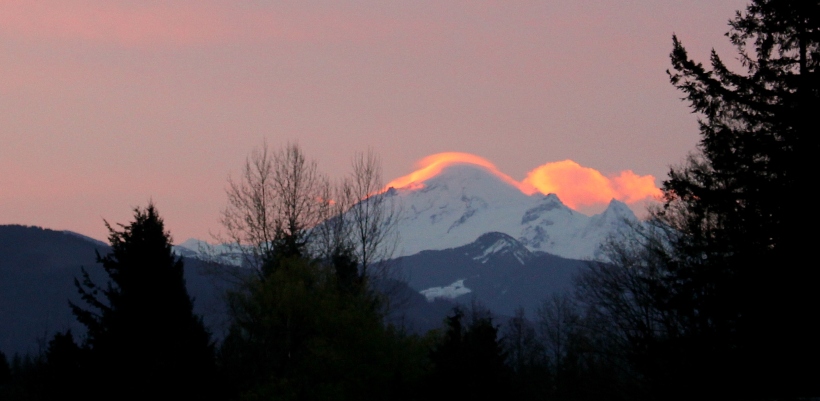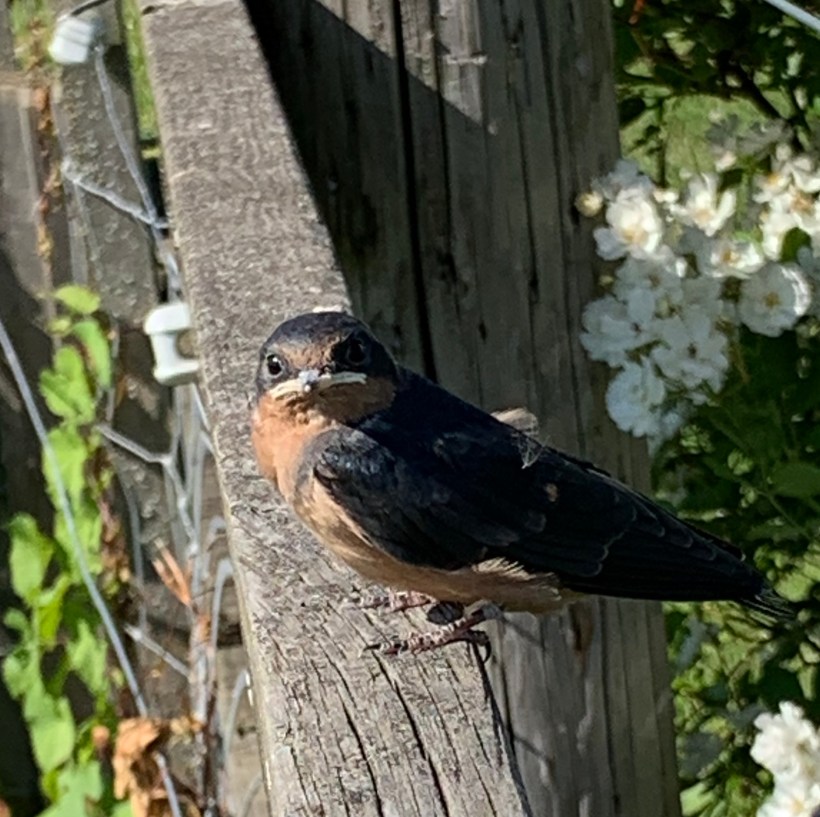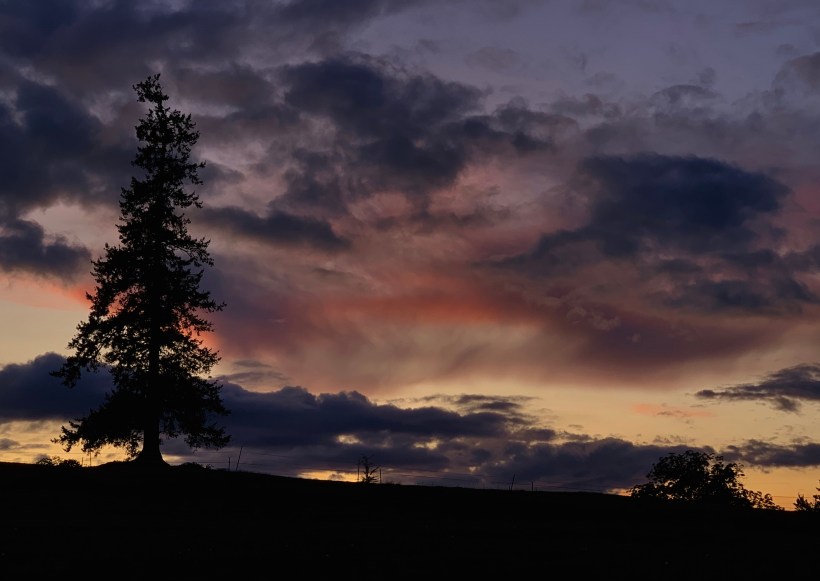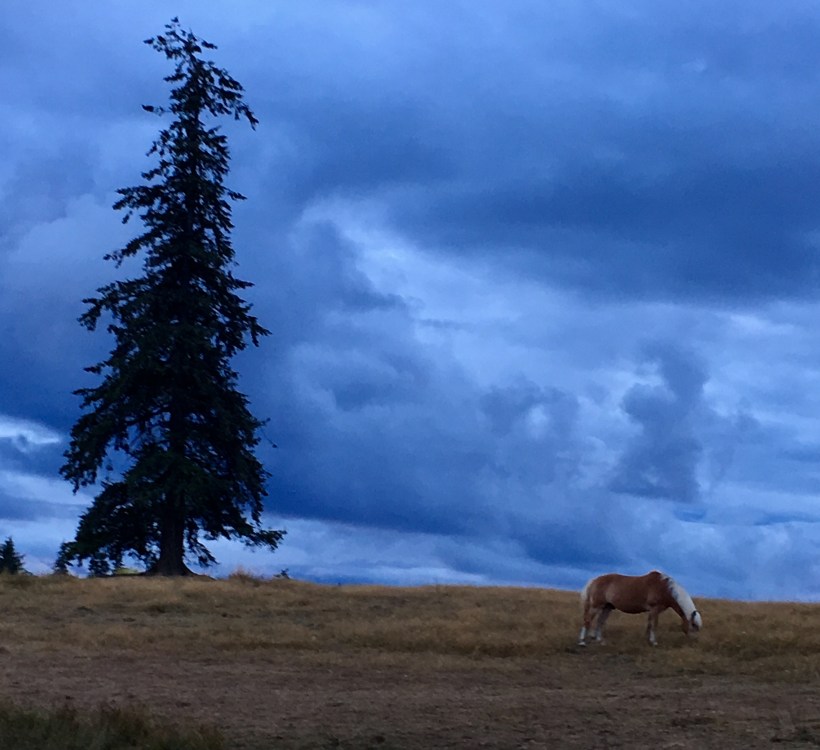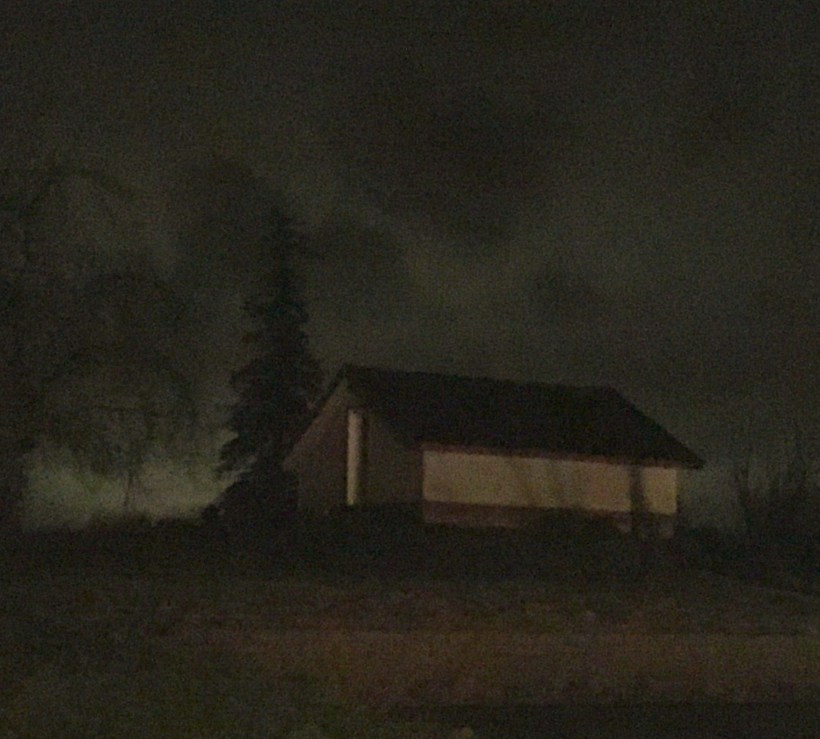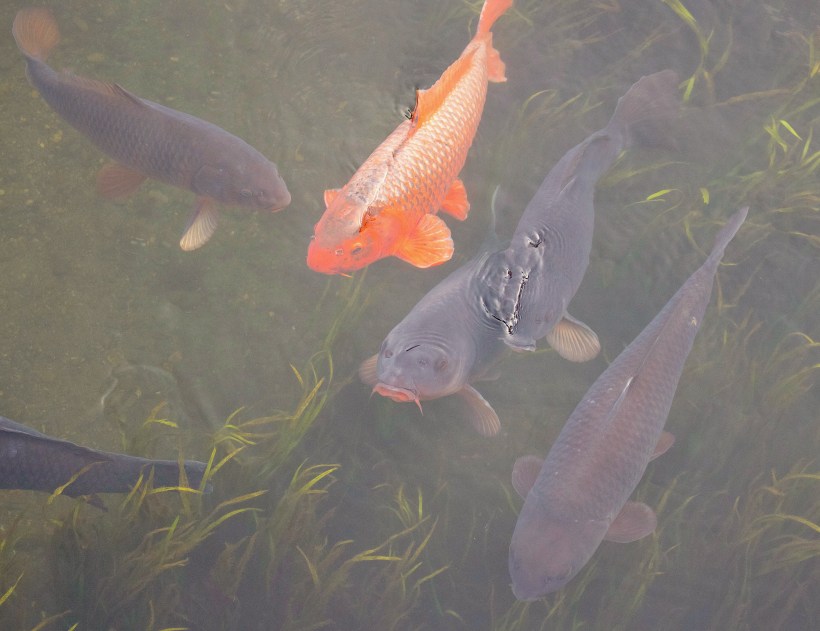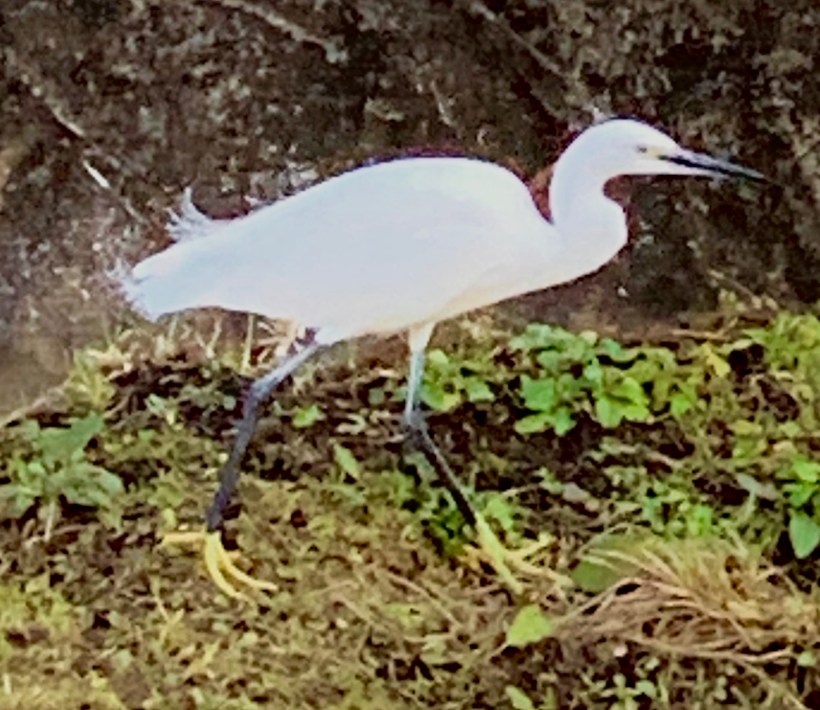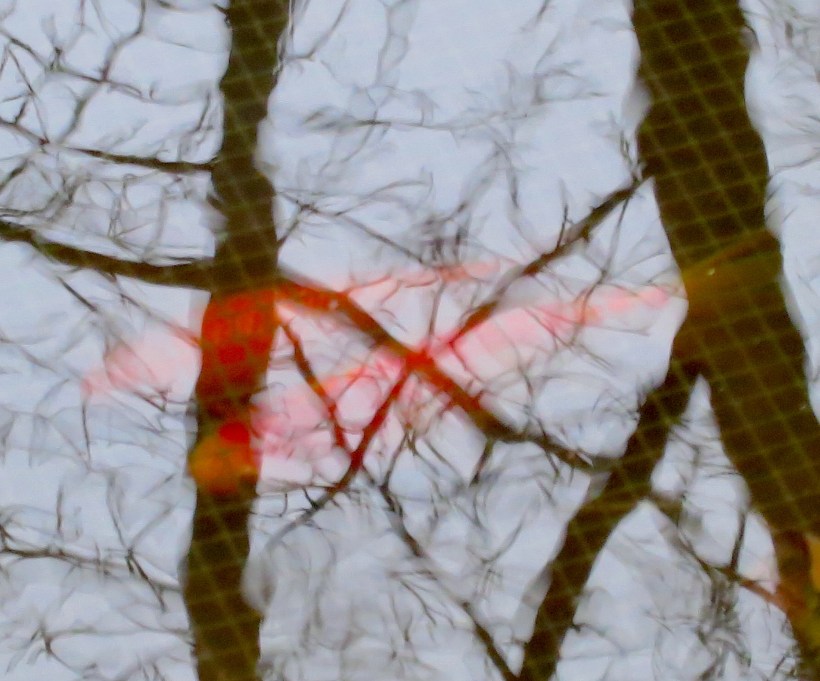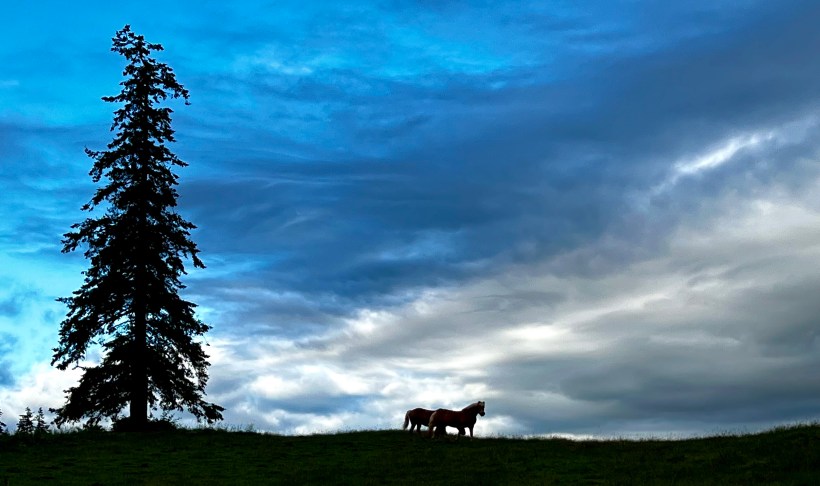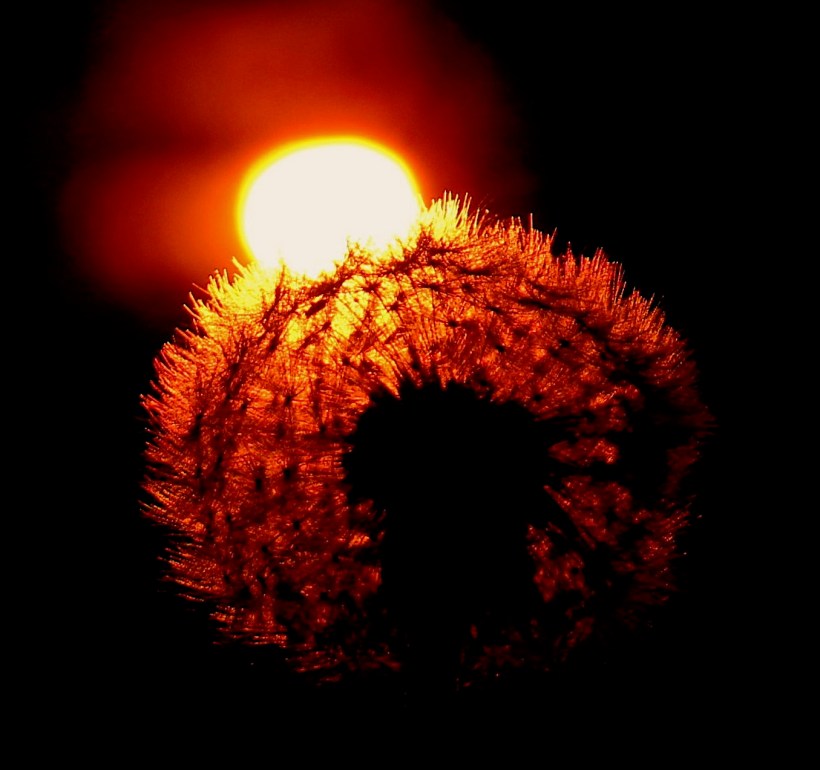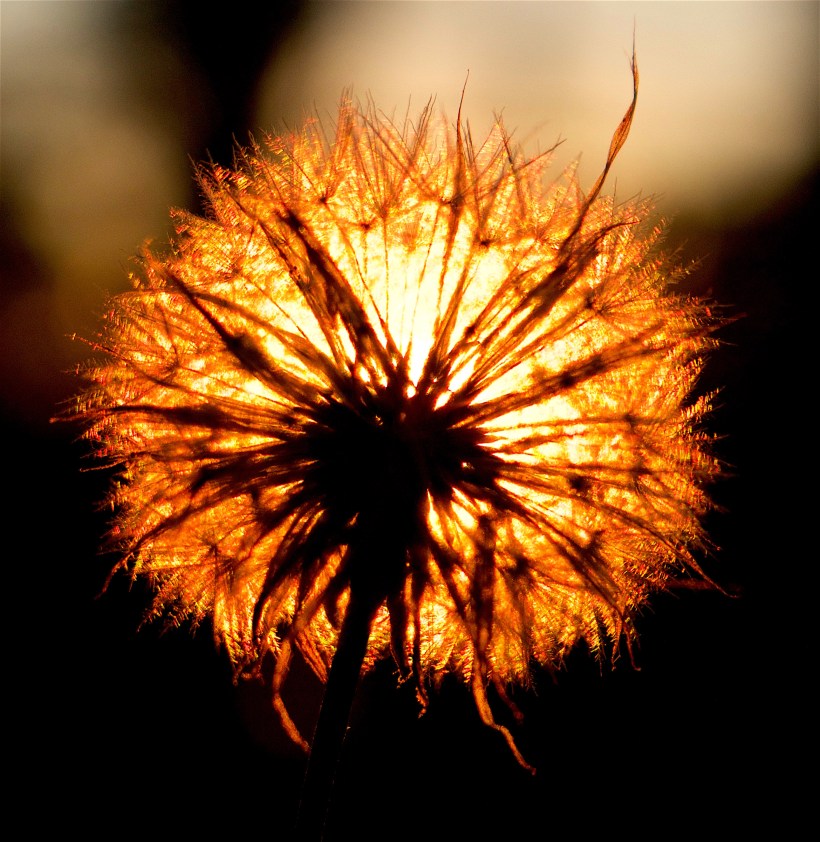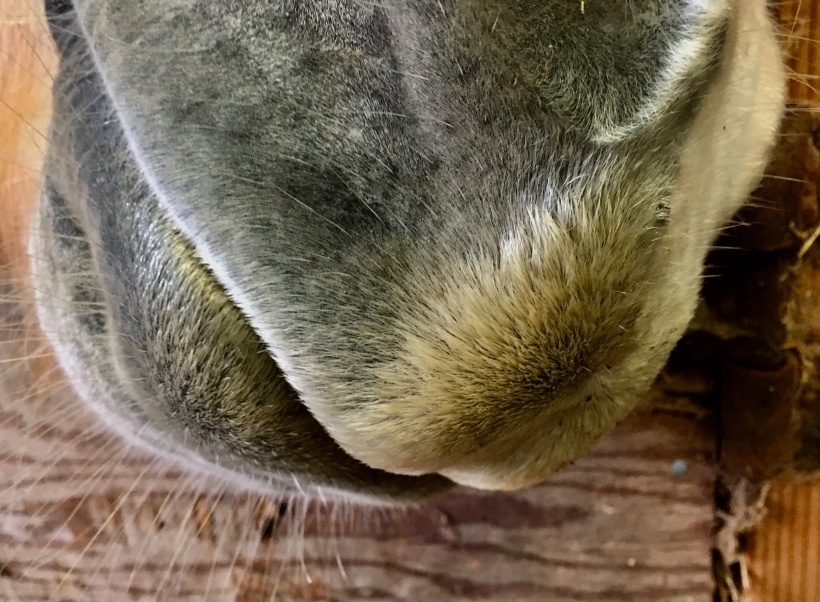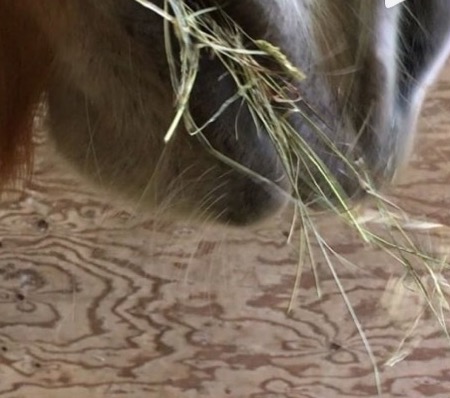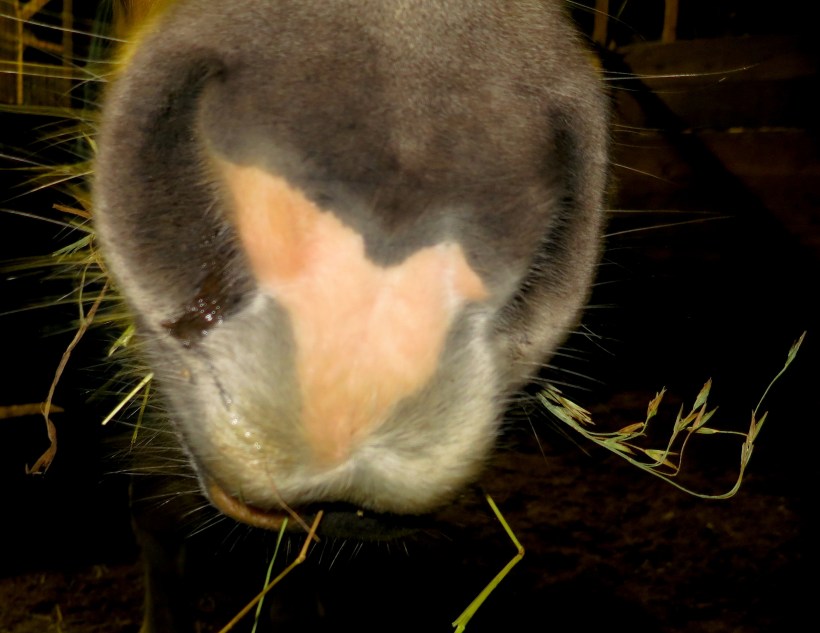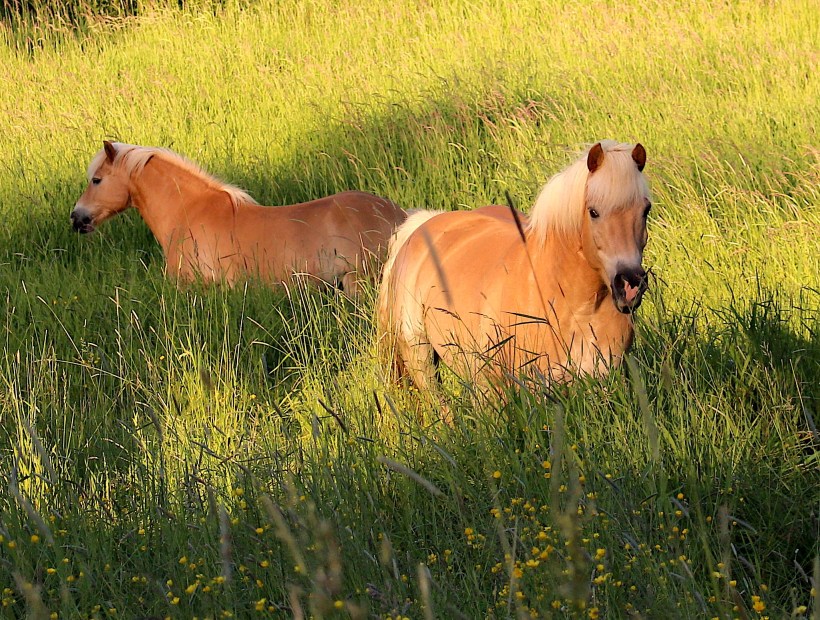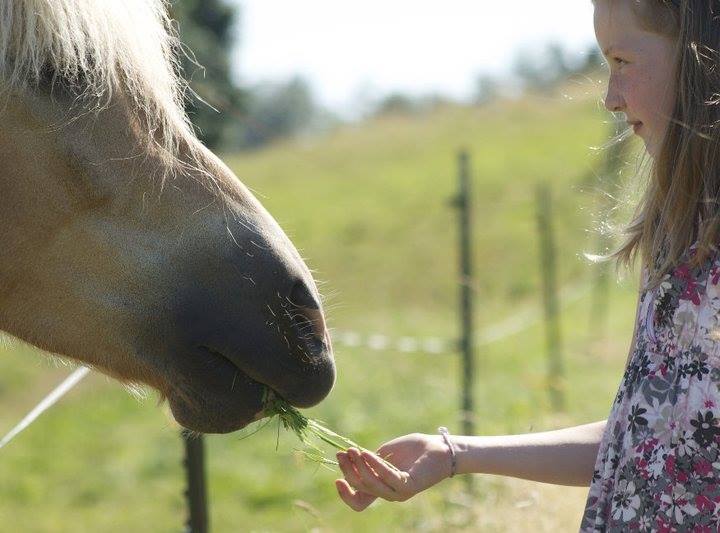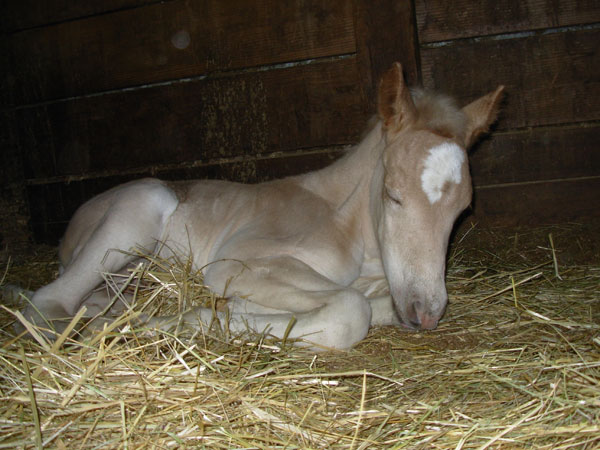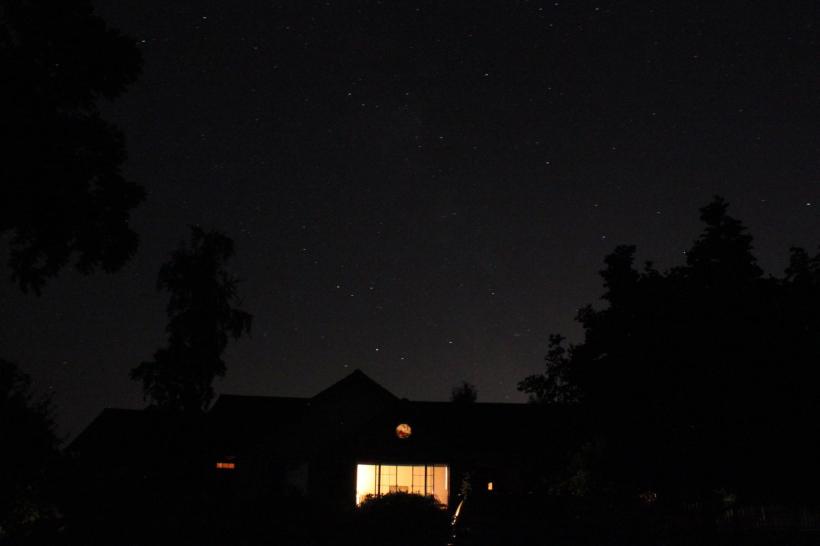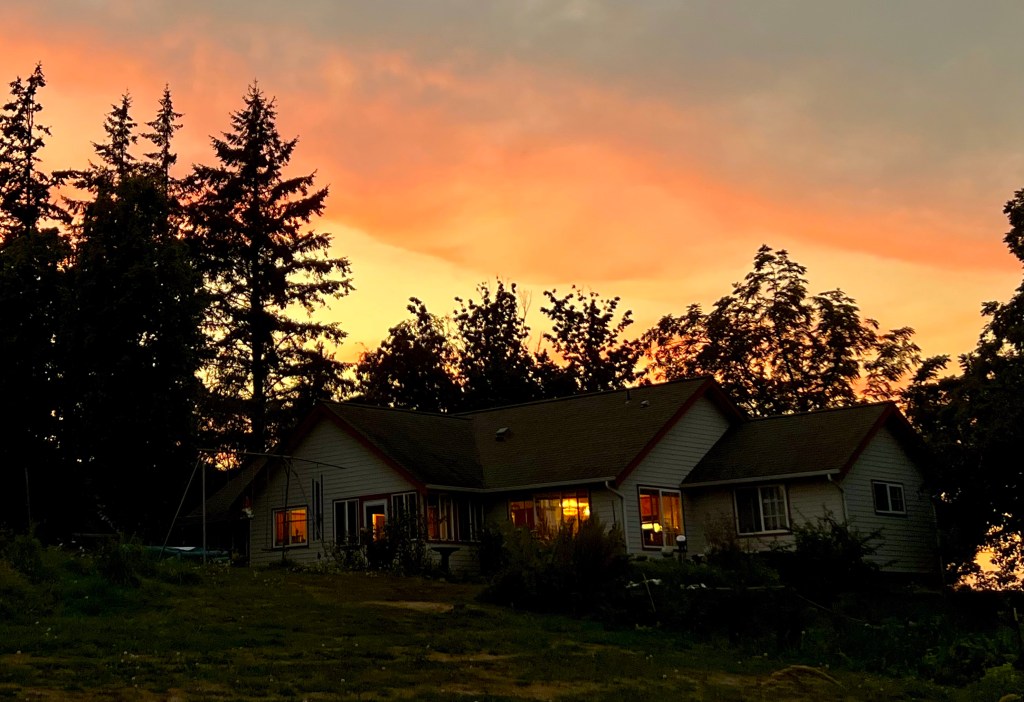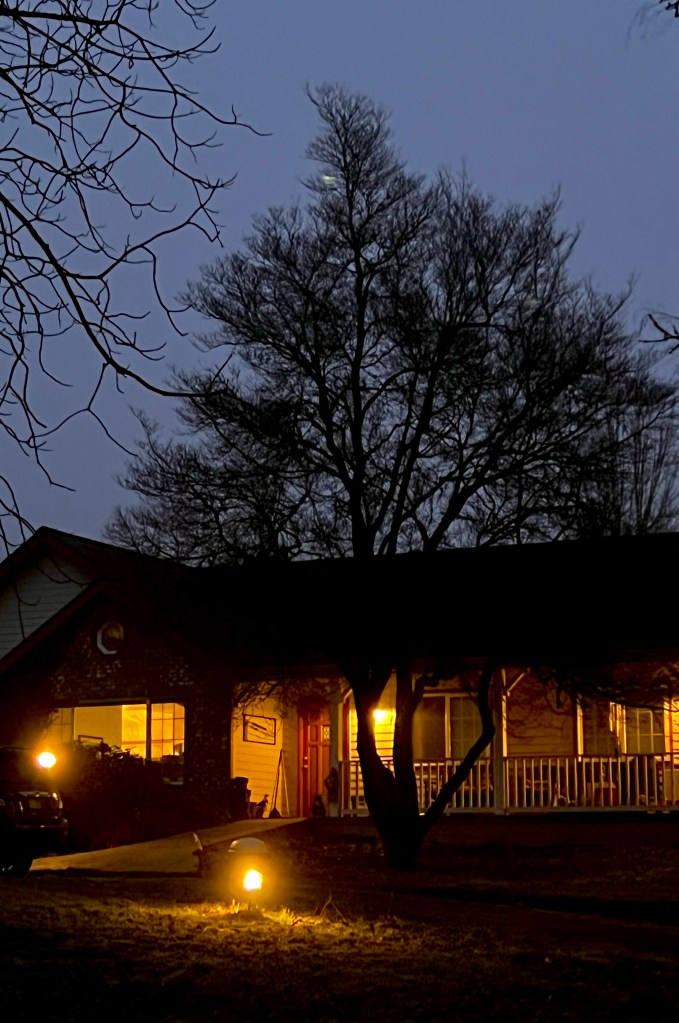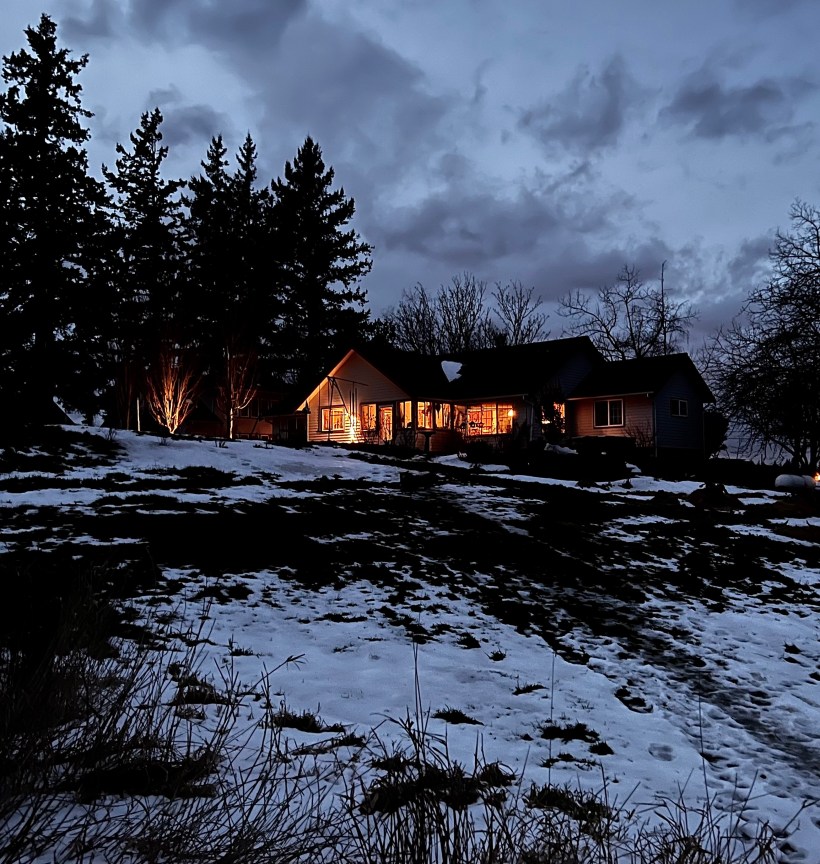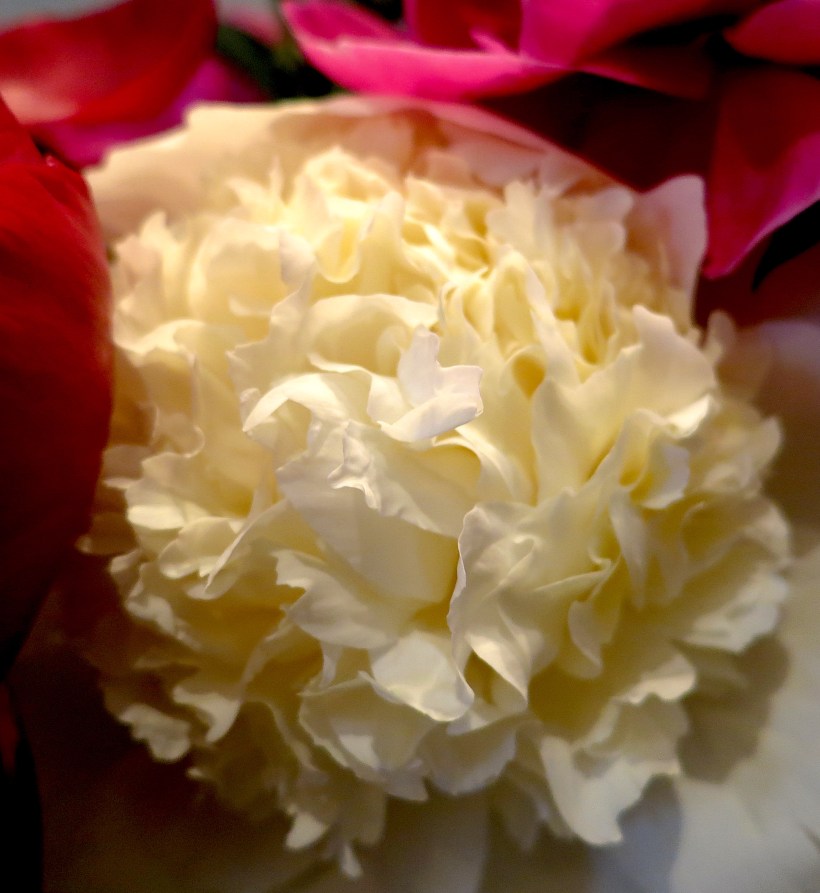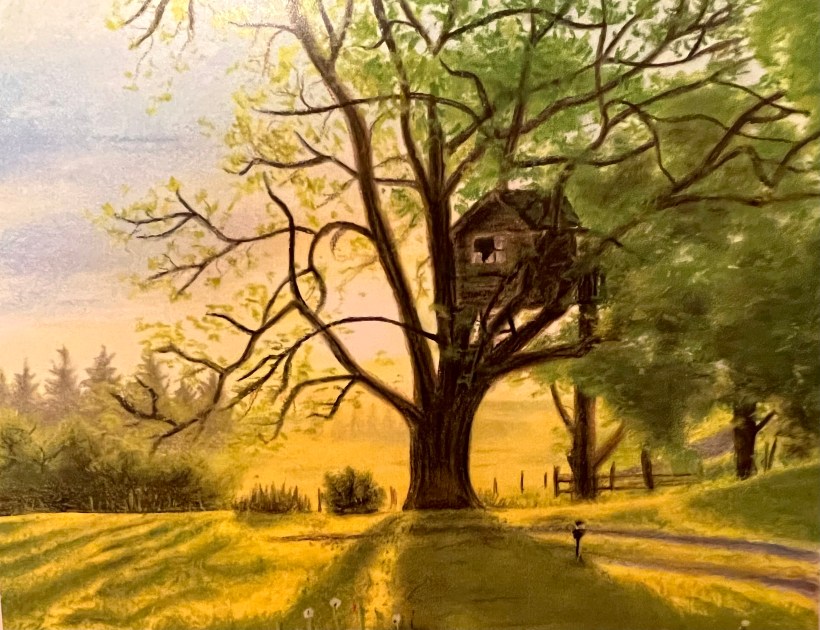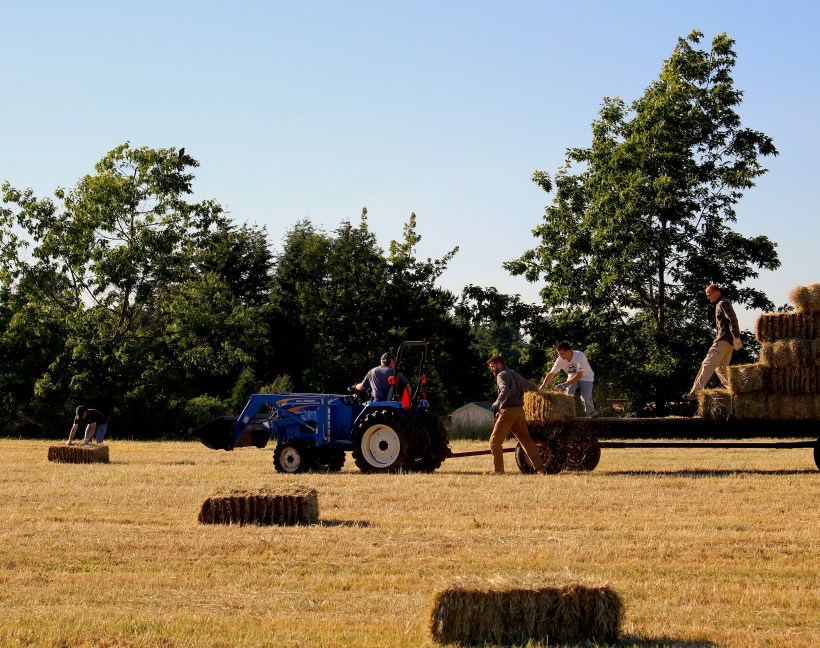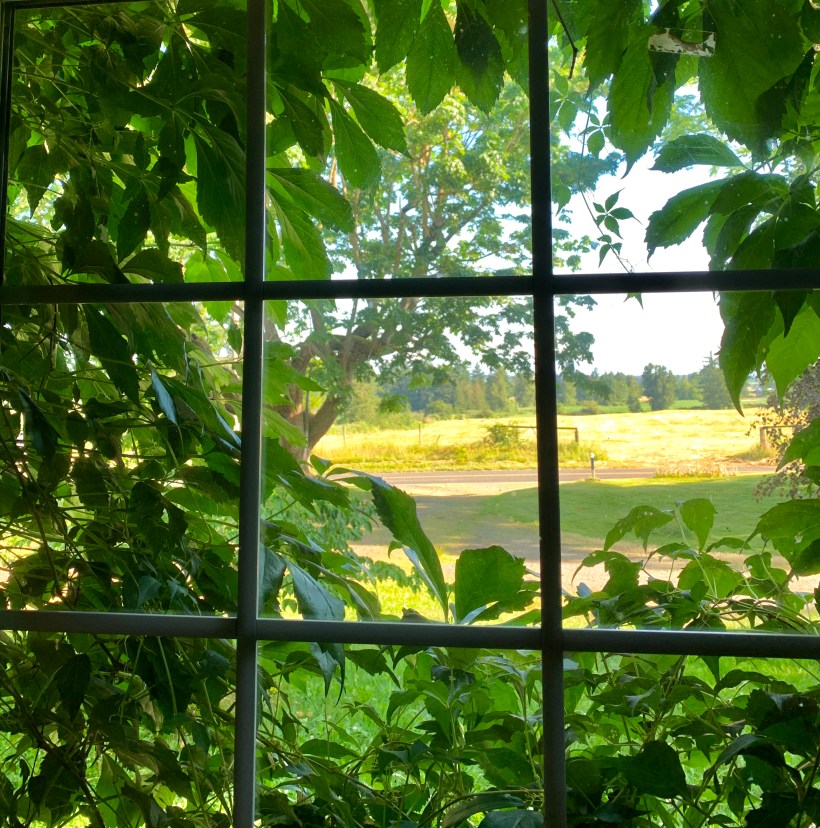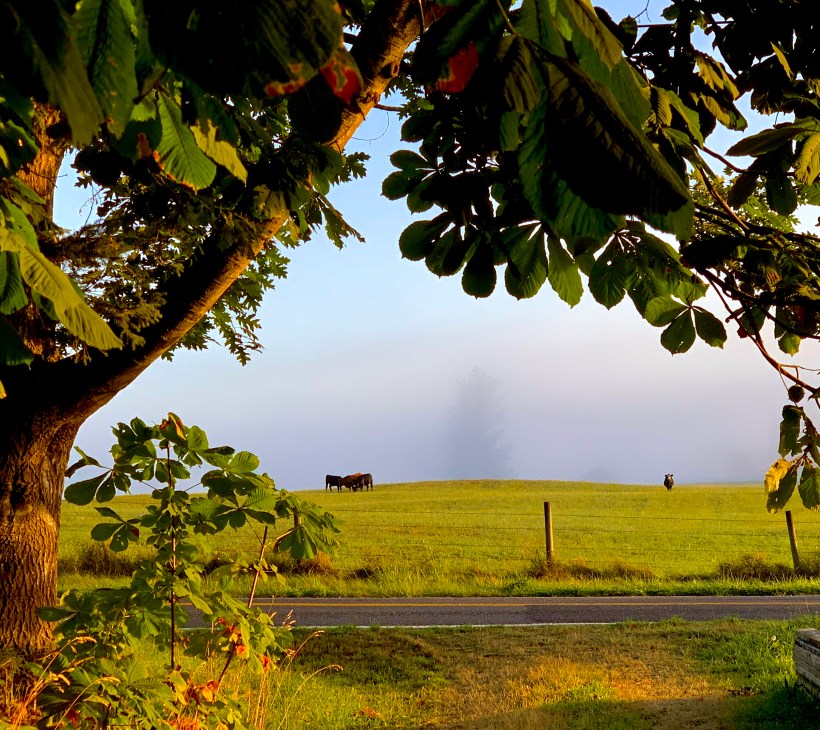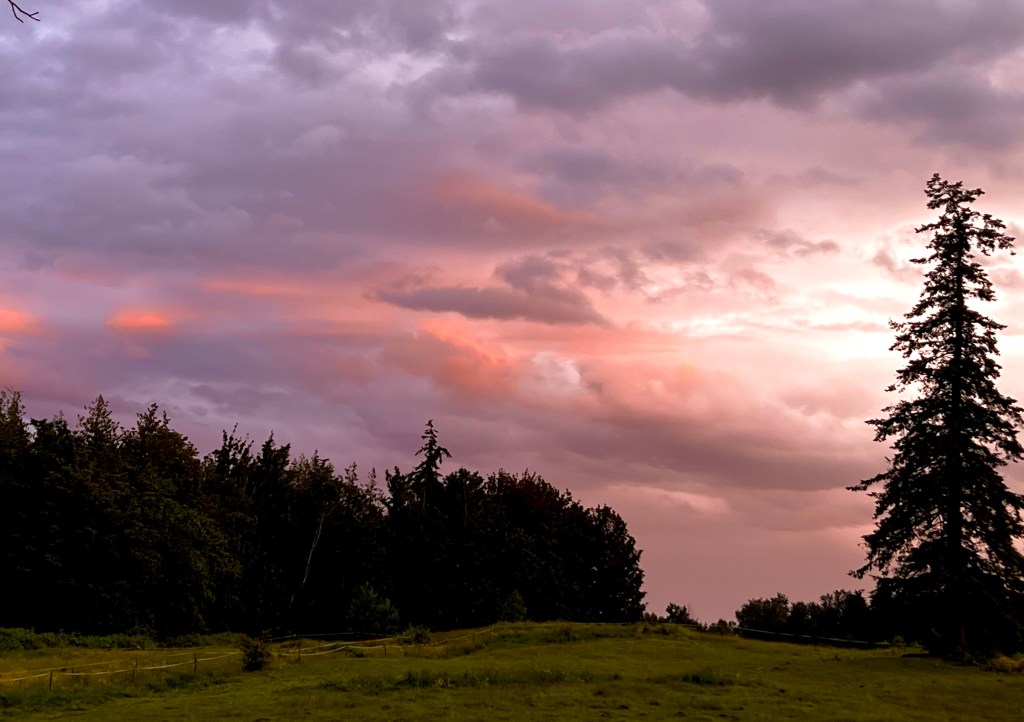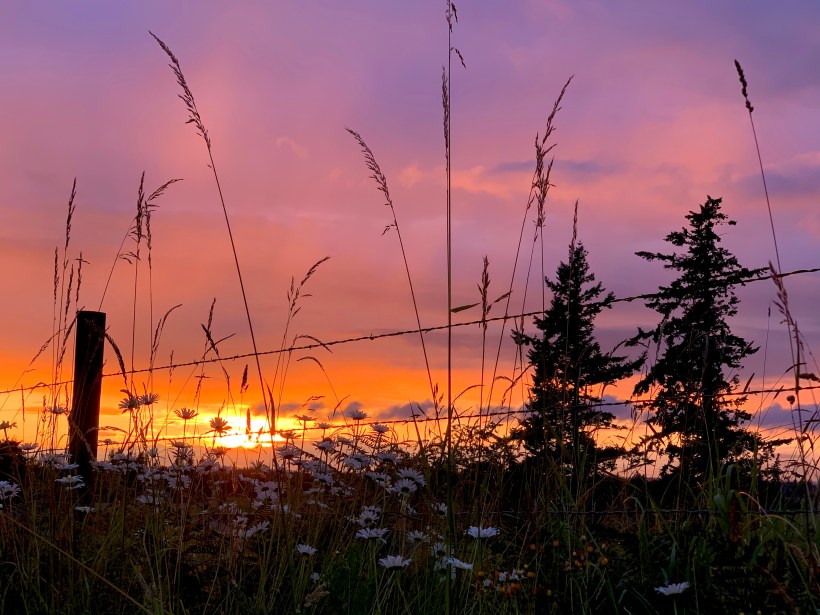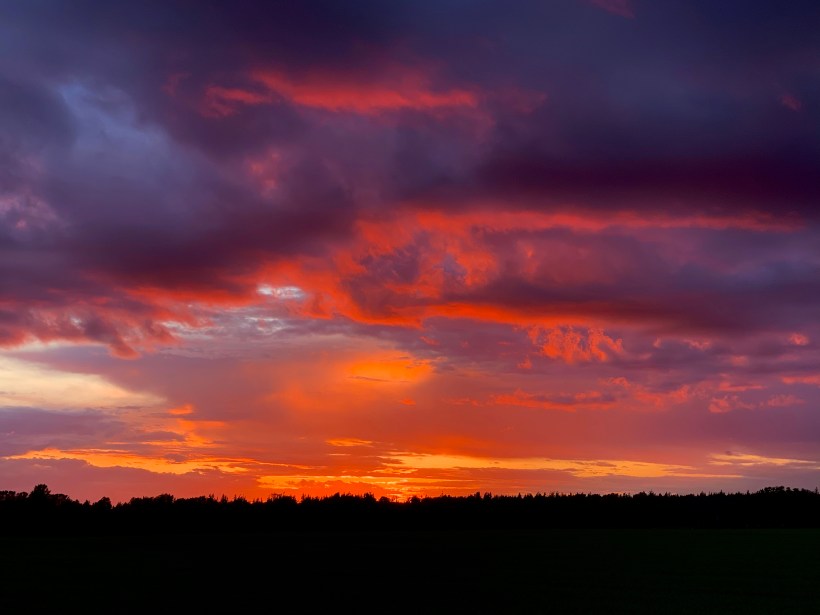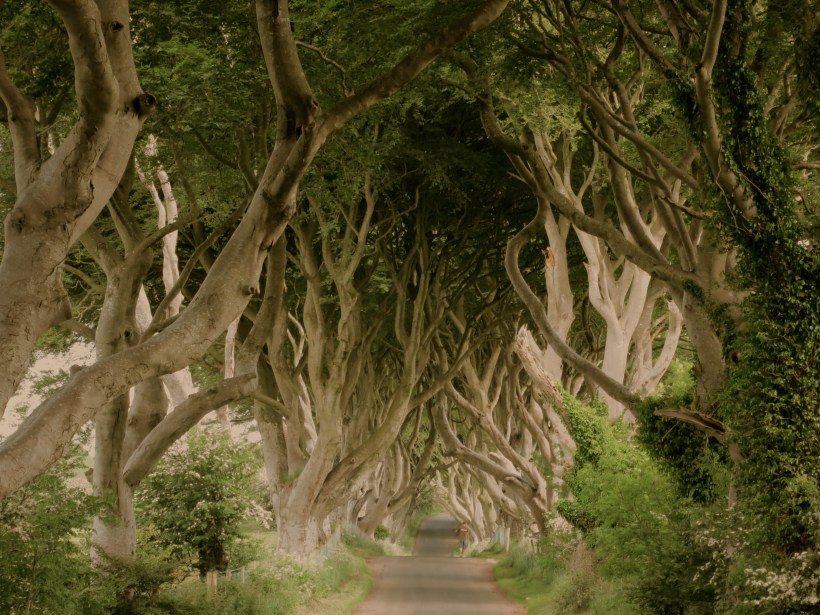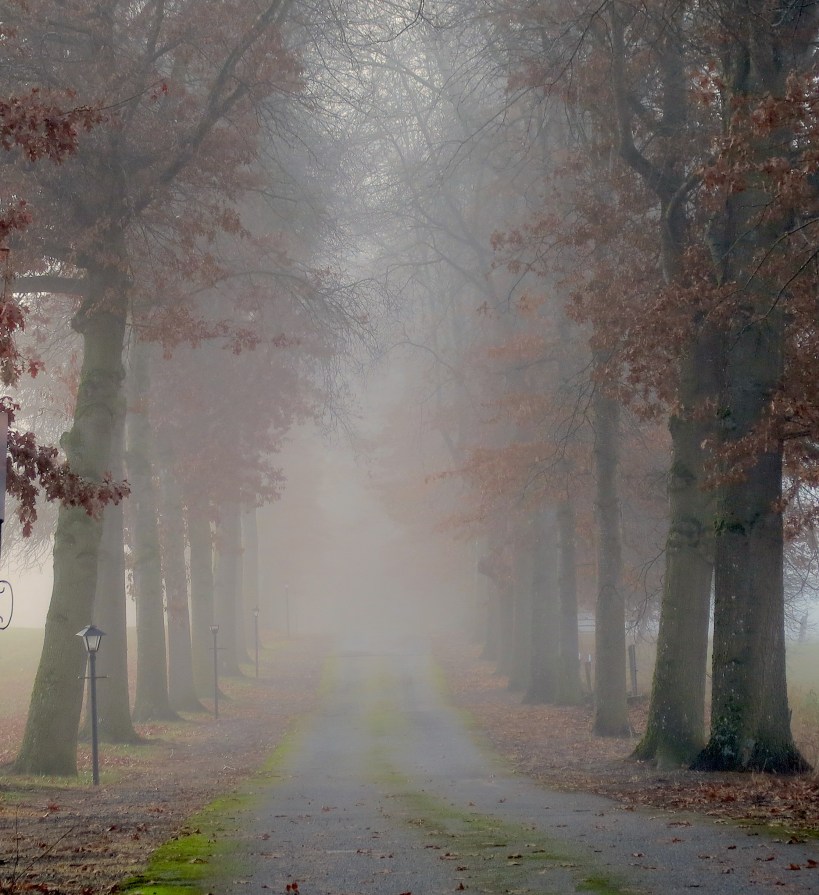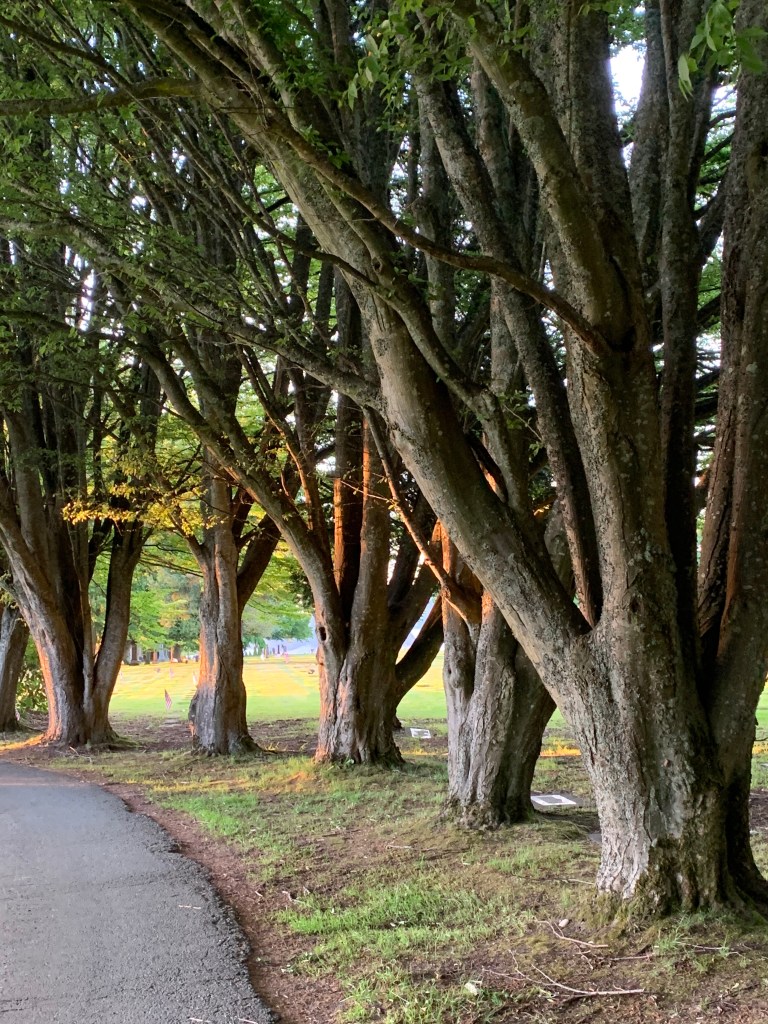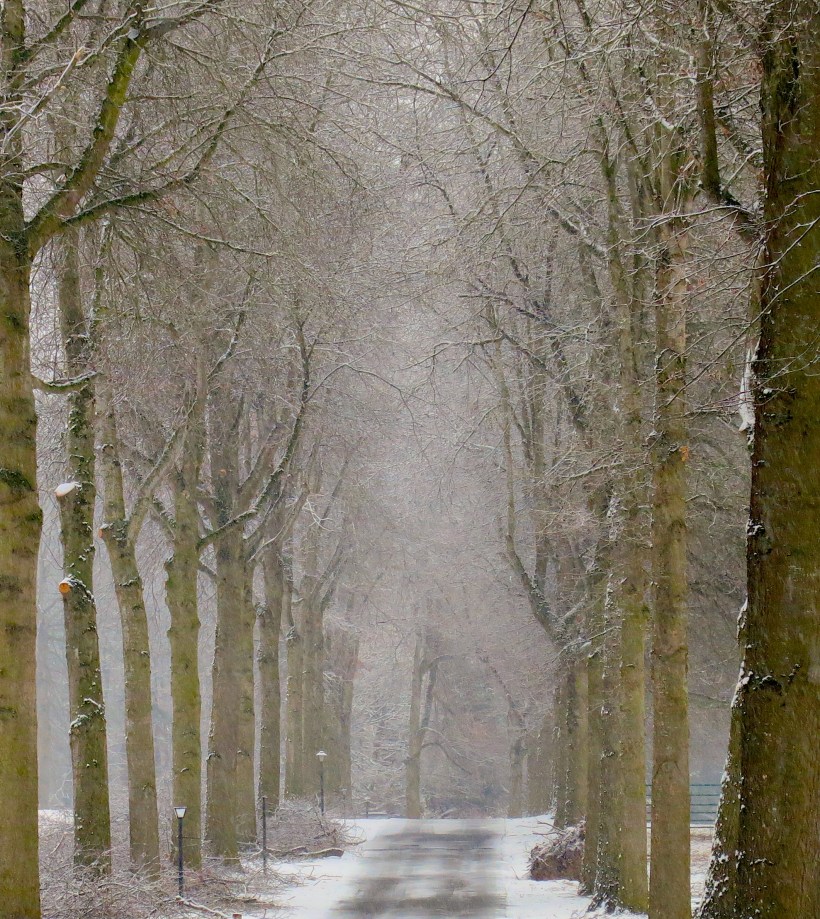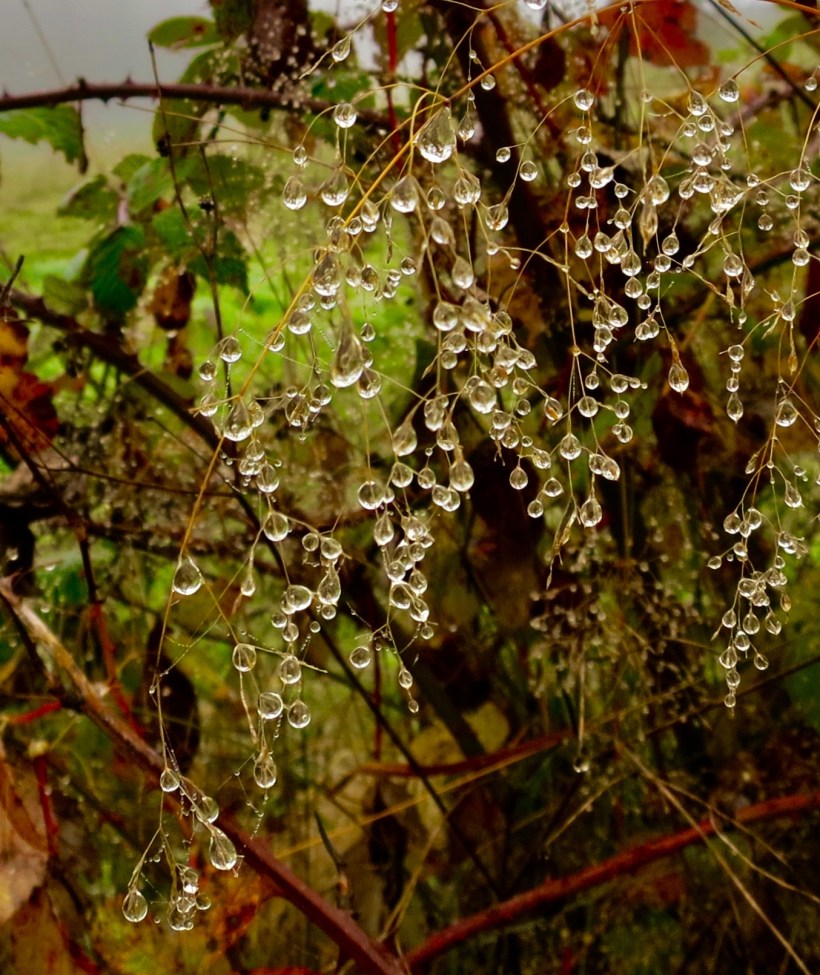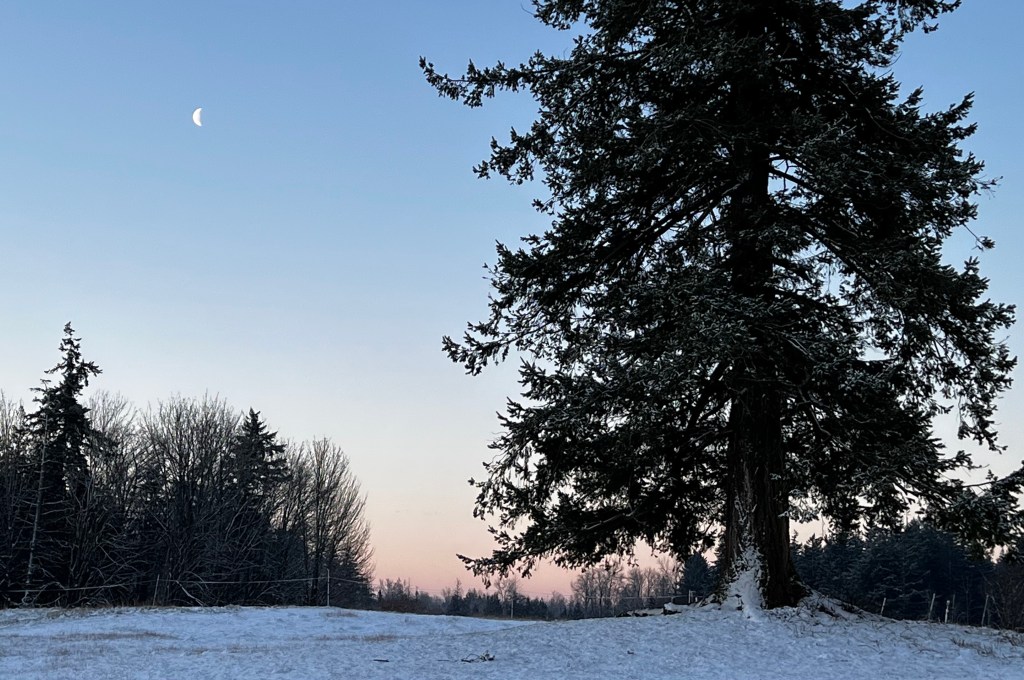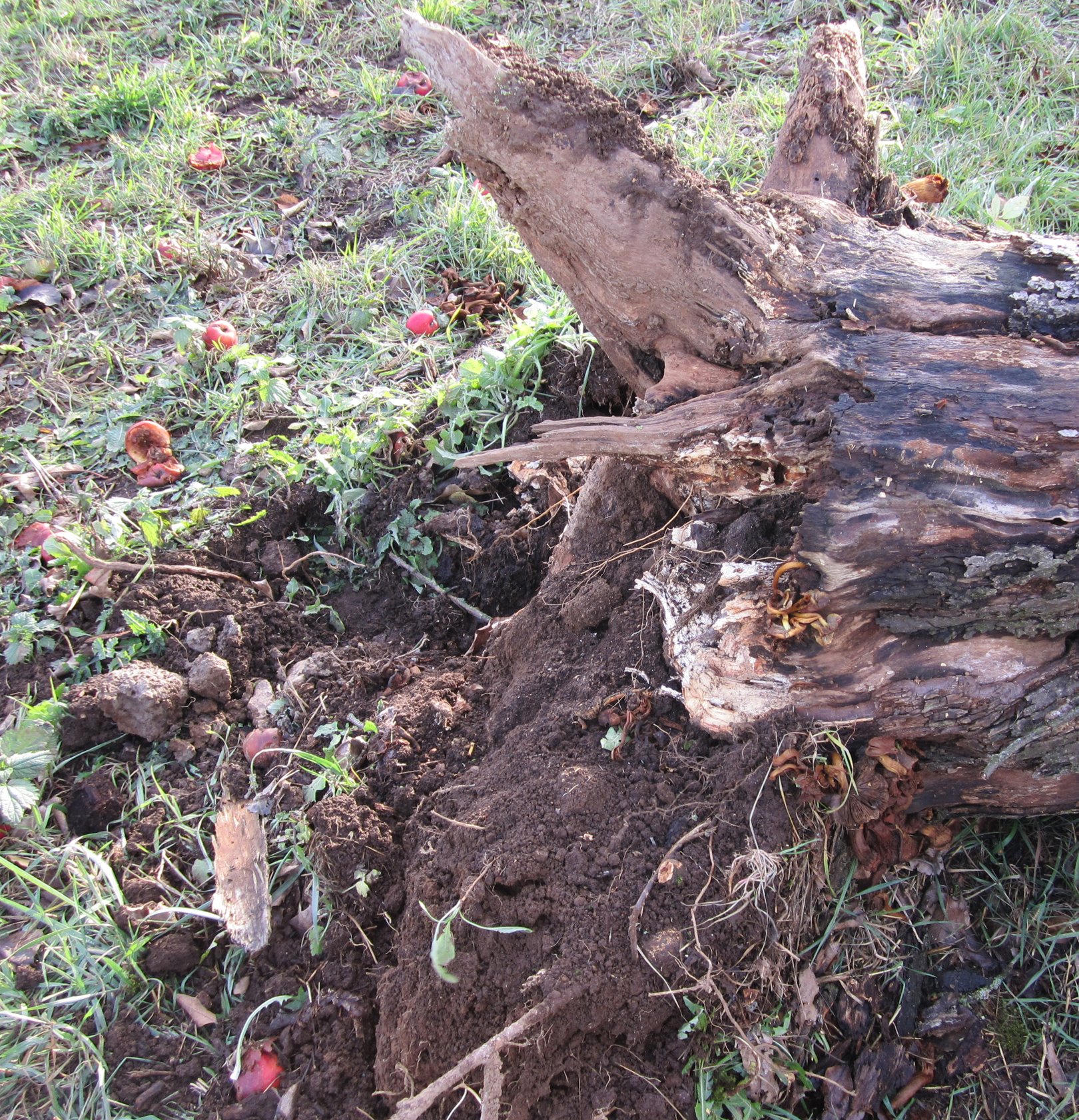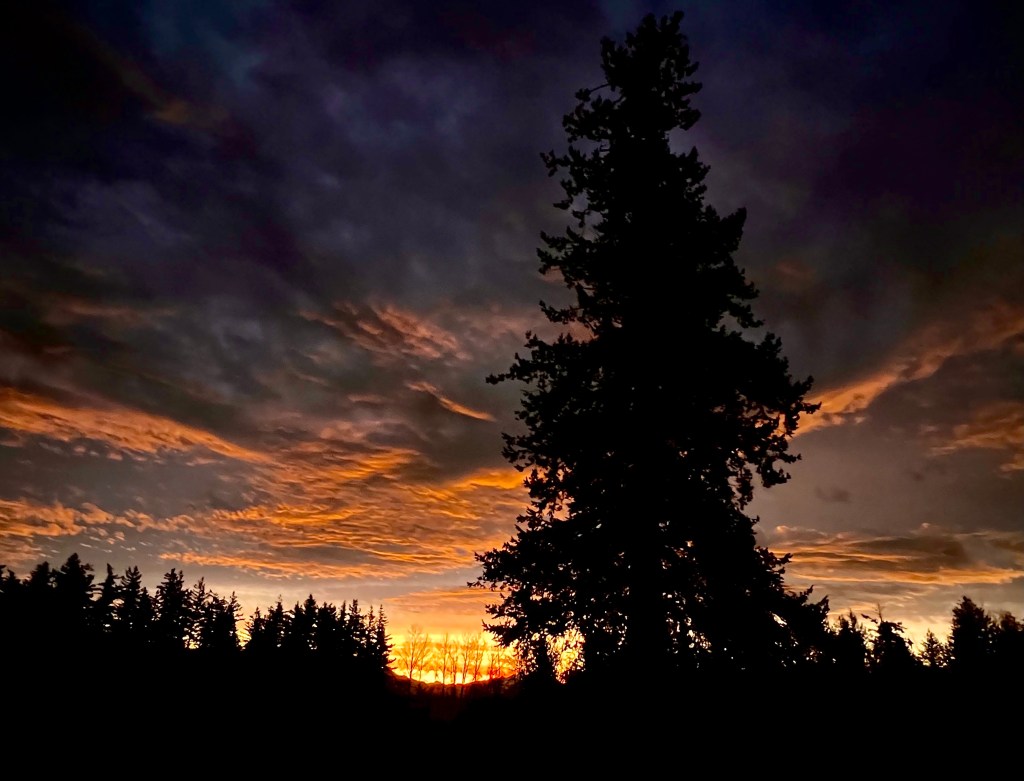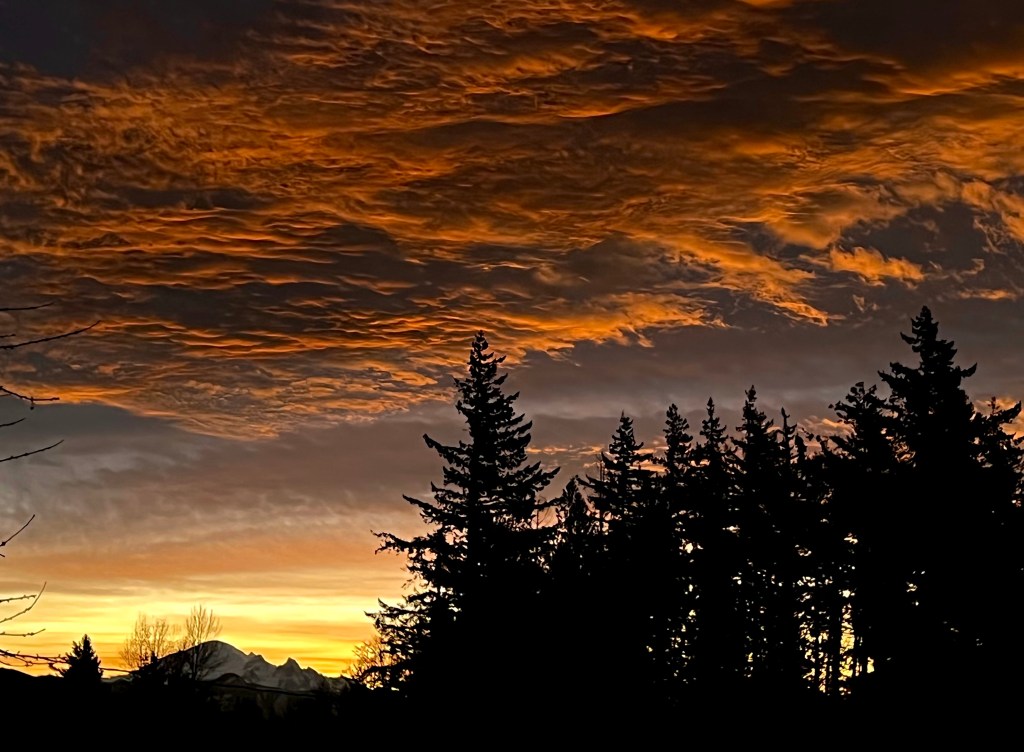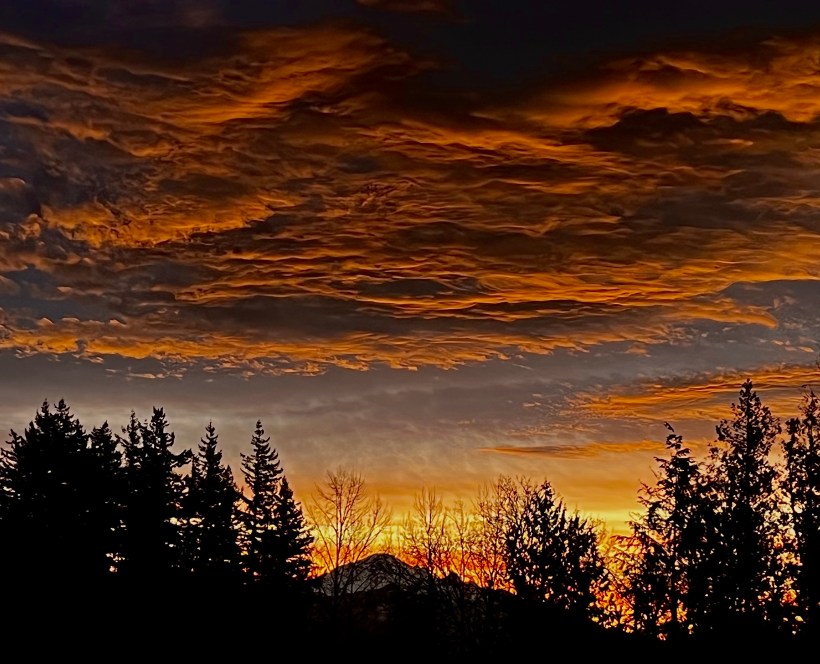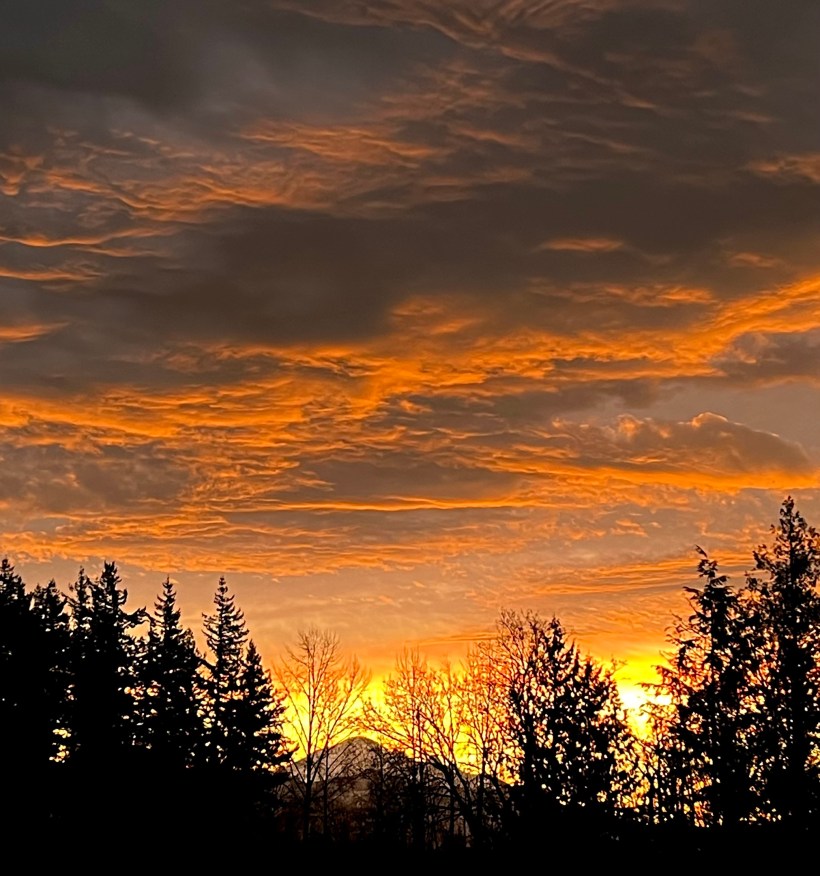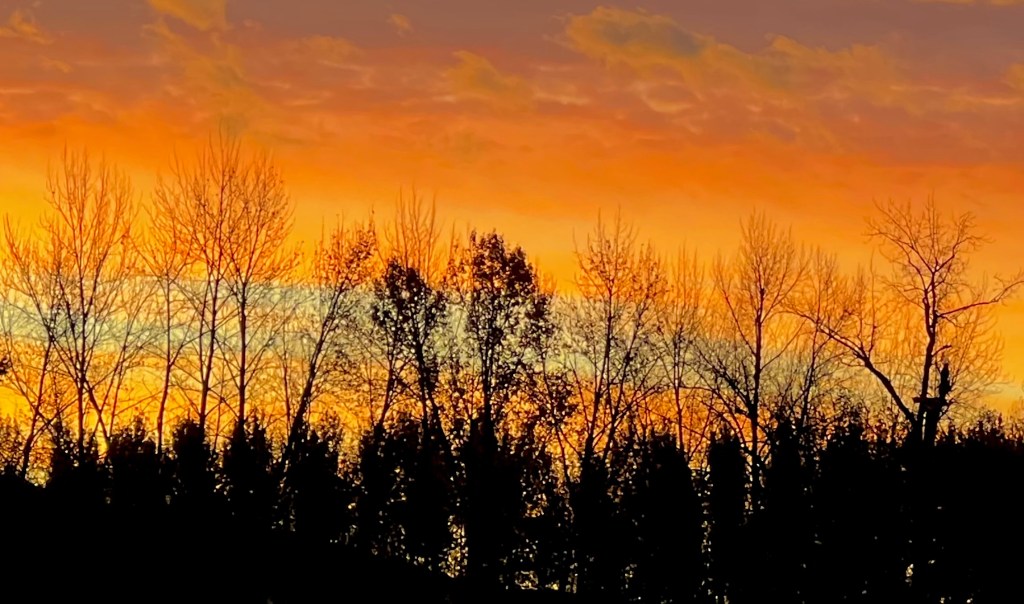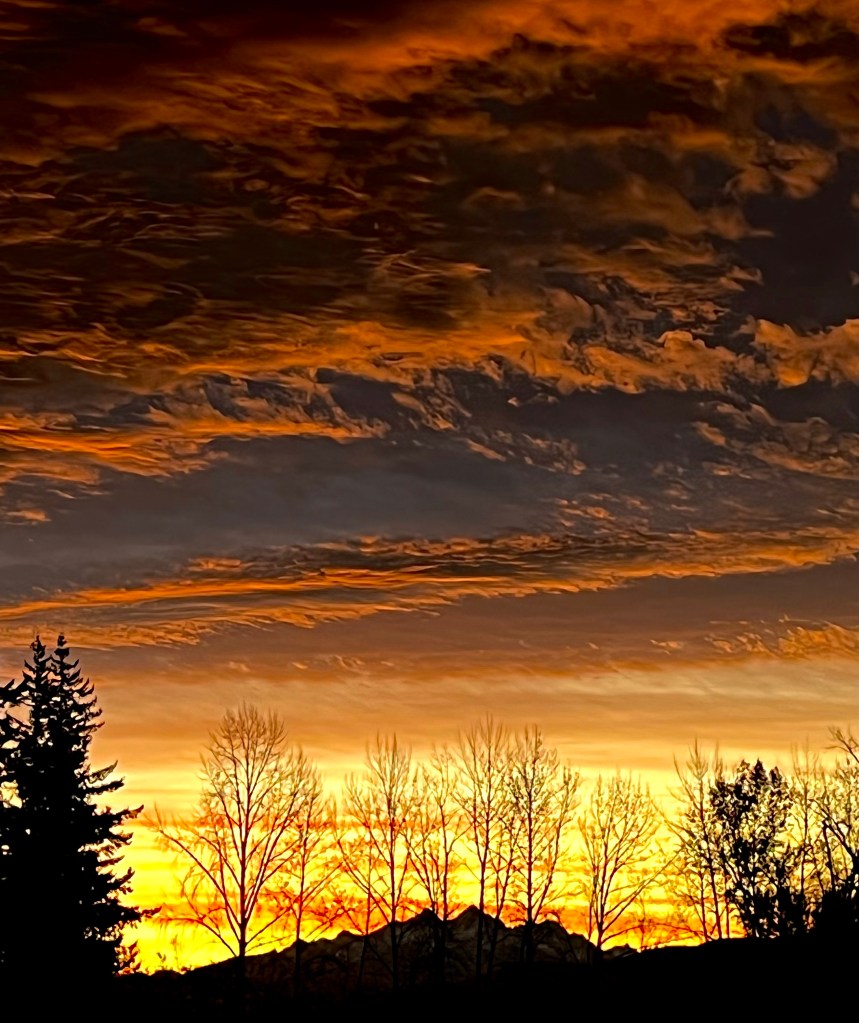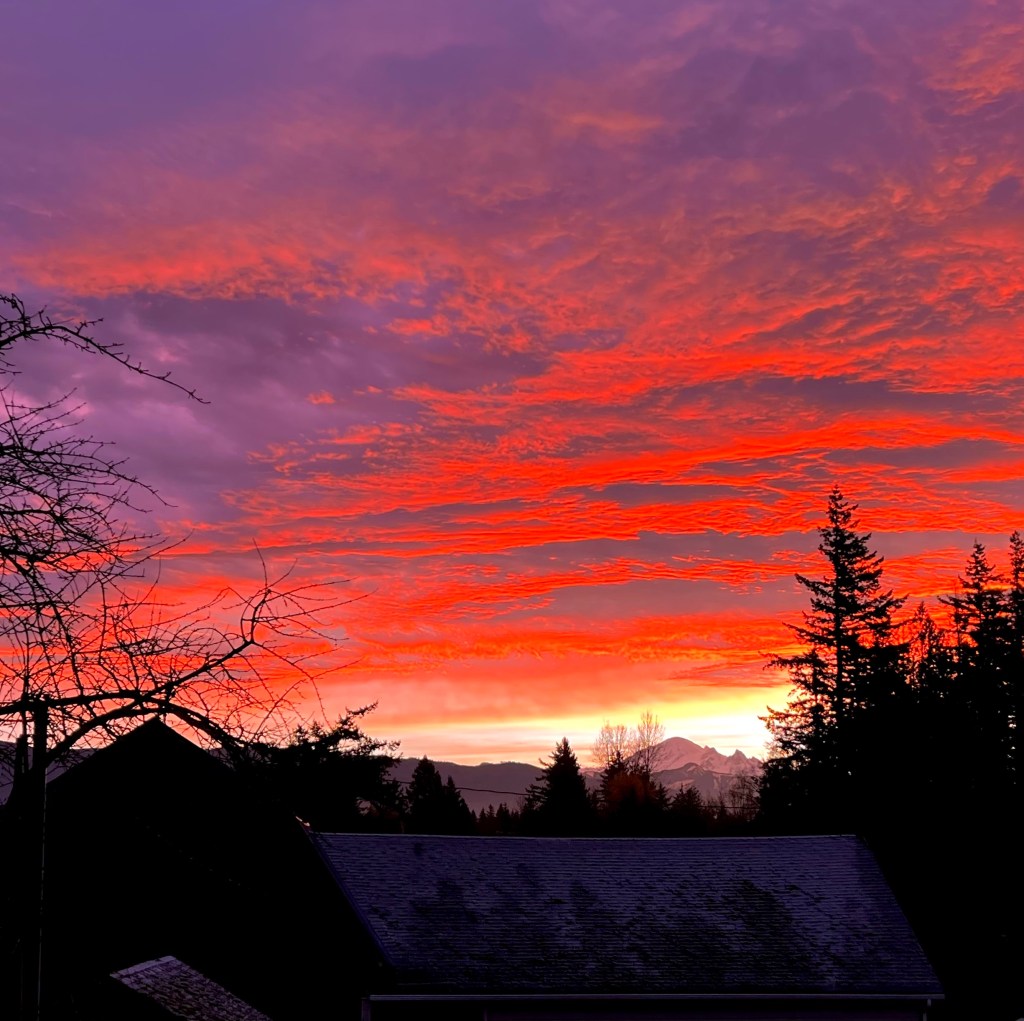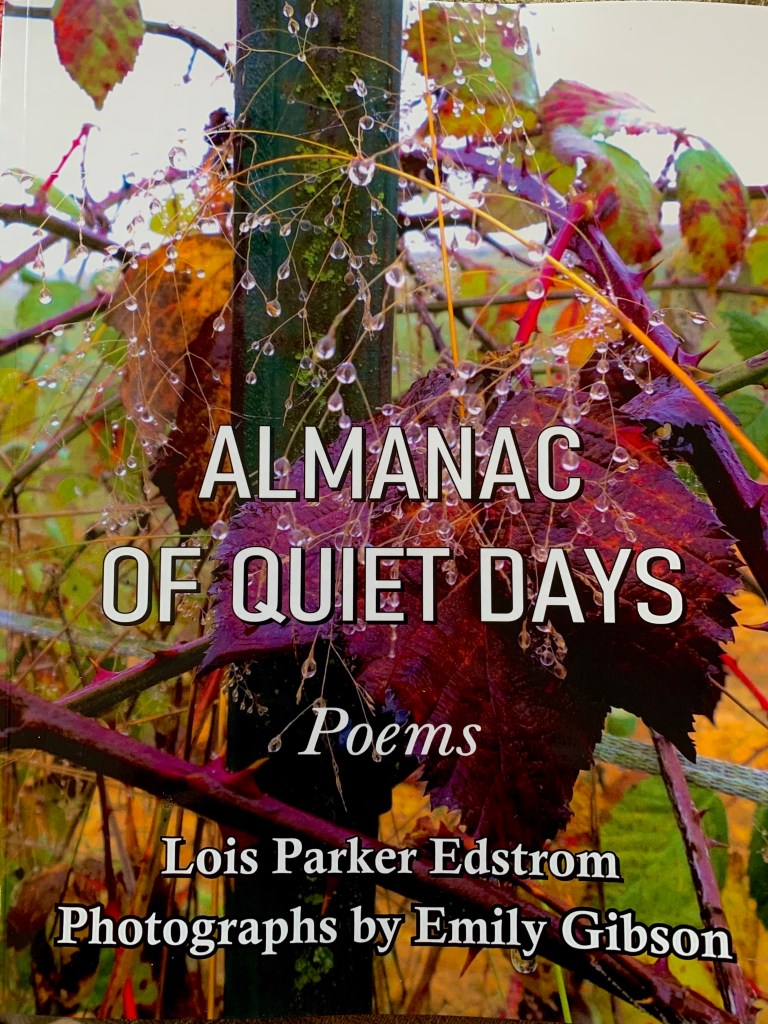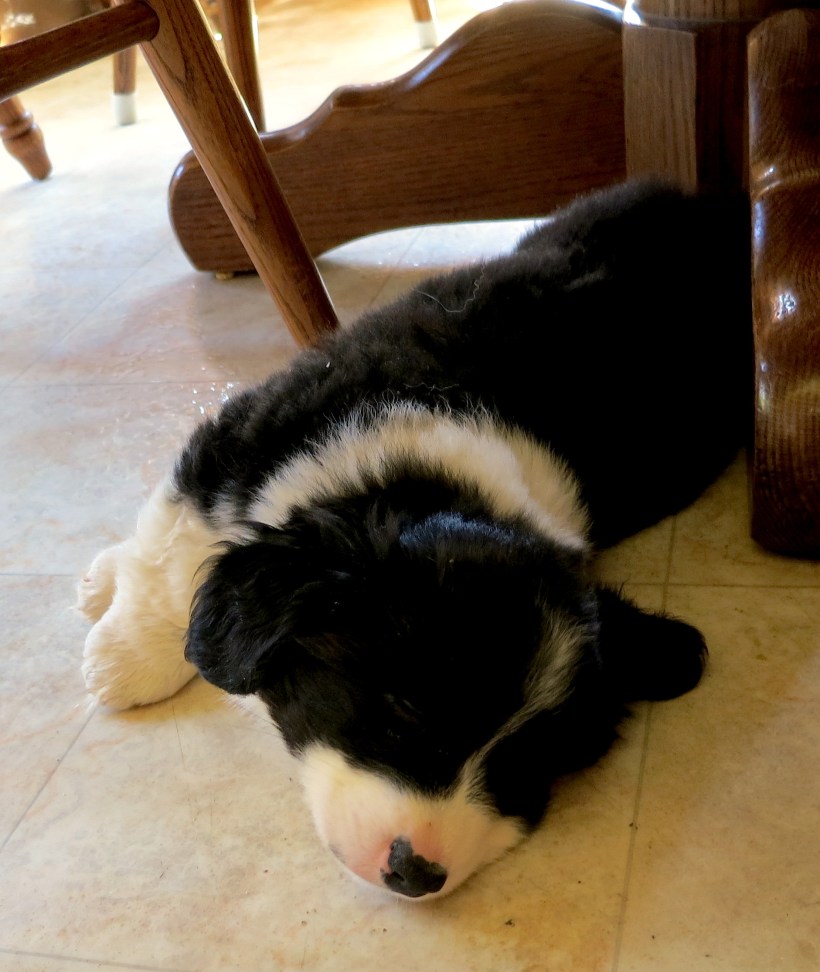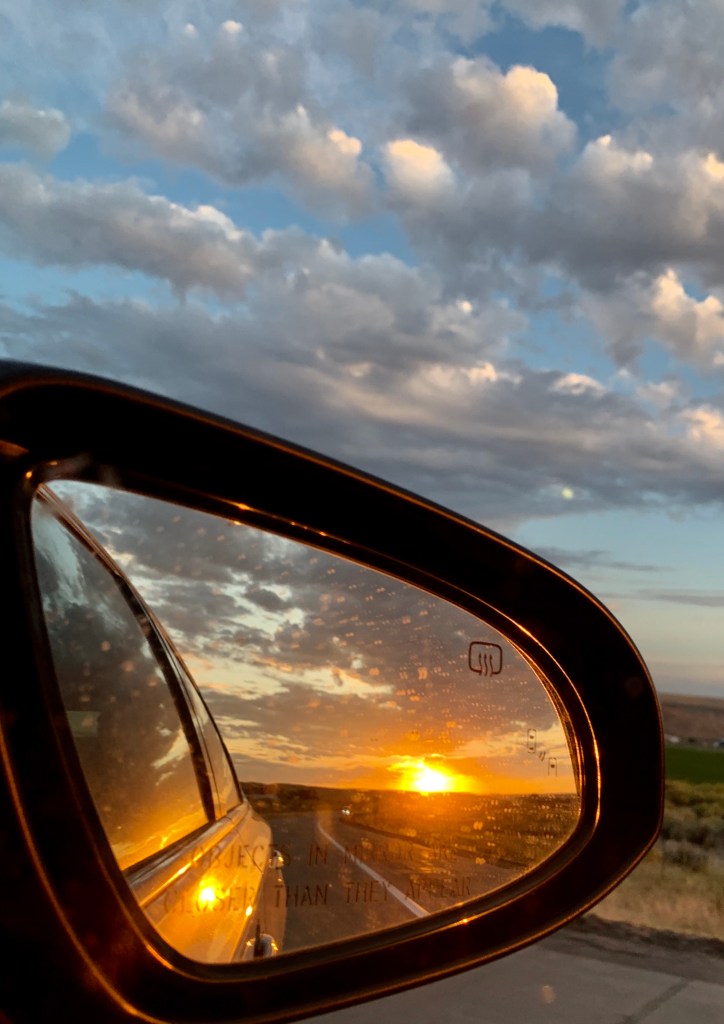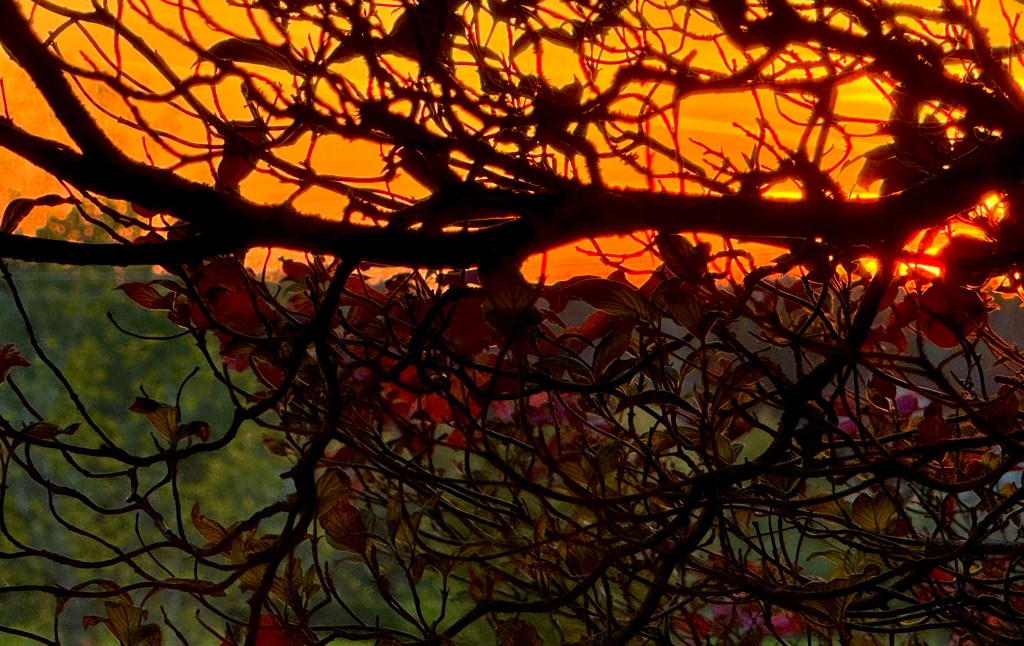

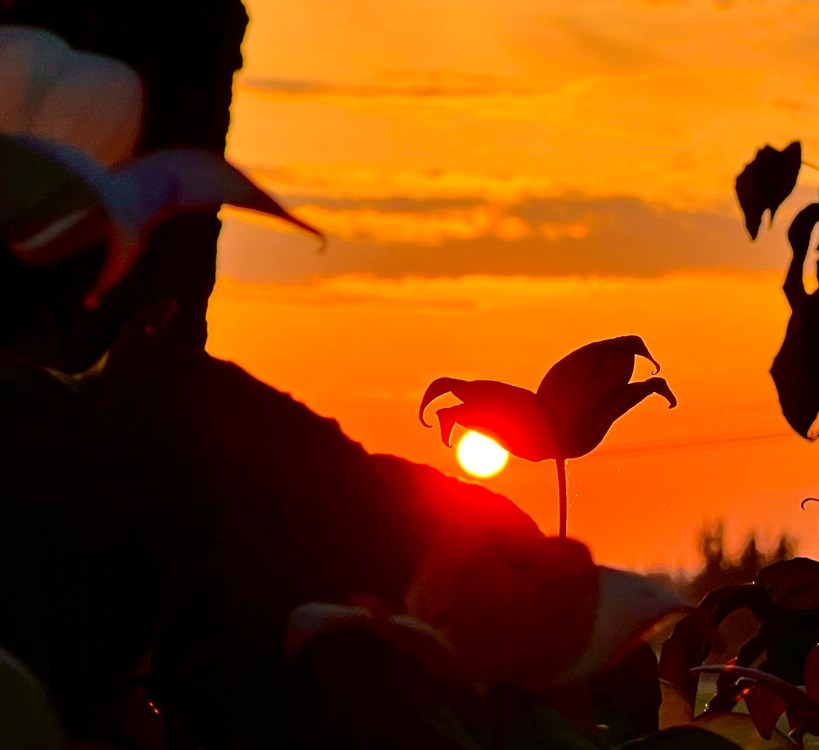
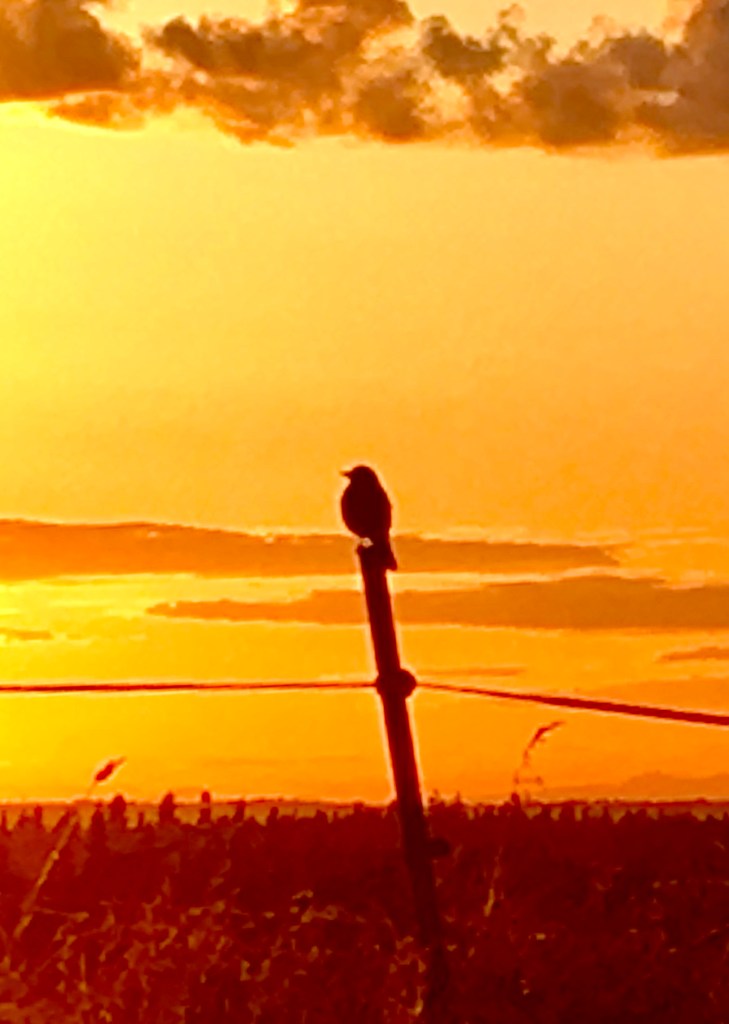
A hundred thousand birds salute the day:–
One solitary bird salutes the night:
Its mellow grieving wiles our grief away,
And tunes our weary watches to delight;
It seems to sing the thoughts we cannot say,
To know and sing them, and to set them right;
Until we feel once more that May is May,
And hope some buds may bloom without a blight.
This solitary bird outweighs, outvies,
The hundred thousand merry-making birds
Whose innocent warblings yet might make us wise
Would we but follow when they bid us rise,
Would we but set their notes of praise to words
And launch our hearts up with them to the skies.
~Christina Rossetti “A Hundred Thousand Birds”
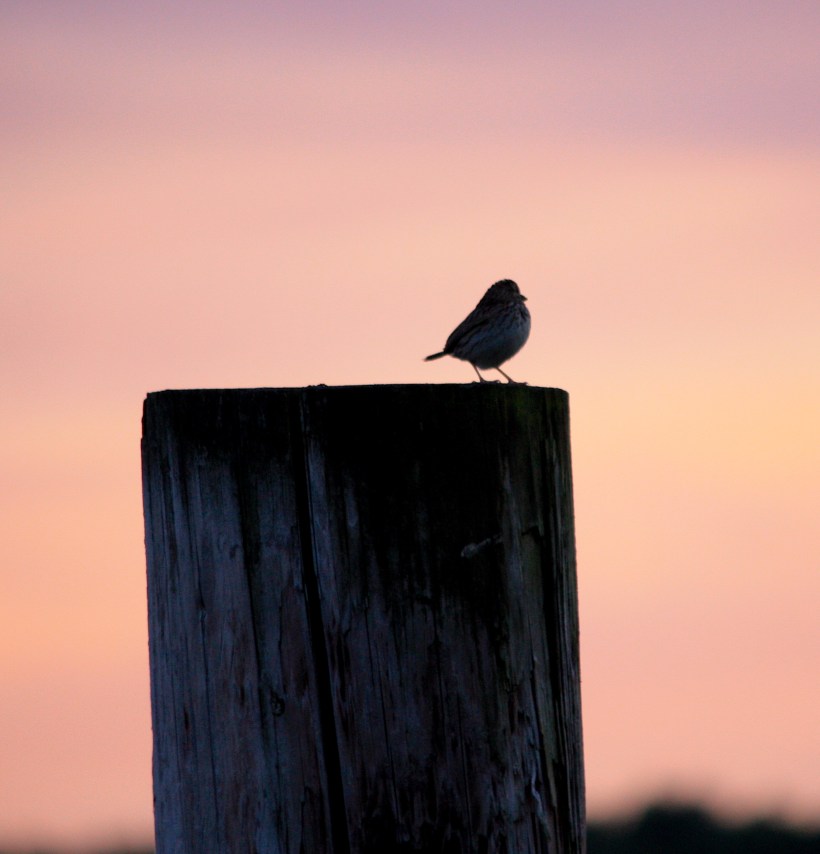


Birds afloat in air’s current,
sacred breath? No, not breath of God,
it seems, but God
the air enveloping the whole
globe of being.
It’s we who breathe, in, out, in, the sacred,
leaves astir, our wings
rising, ruffled—but only saints
take flight…
But storm or still,
numb or poised in attention,
we inhale, exhale, inhale,
encompassed, encompassed.
~Denise Levertov from “In Whom We Live and Move and Have Our Being” from The Stream and the Sapphire
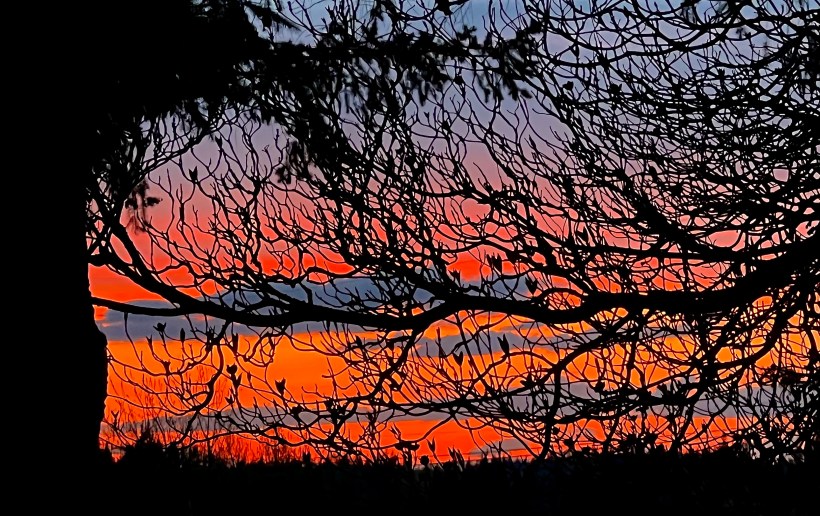

As if reluctant to let go the setting sun last night,
one lone bird still sang a twilight song,
long after the others fell asleep,
their heads tucked neatly under their wings.
This lone bird had not yet finished with the day,
breathing in and out its plaintive melody,
articulating my thoughts I could not say.
And before a hint of light this May morning,
I am swept from my dreams
by a full chorus singing from the same perch,
no longer a lone voice, but hundreds.
My day is launched by the warbling songs,
but I cannot forget twilight’s one reluctant bird
who fought the impending darkness using only its voice.
I too fight back the darkness with what I write here,
if I can keep it at bay:
inhaling, exhaling, encompassed in Breath.
I want to sing out light to Light and live light in Light.
No darkness here.

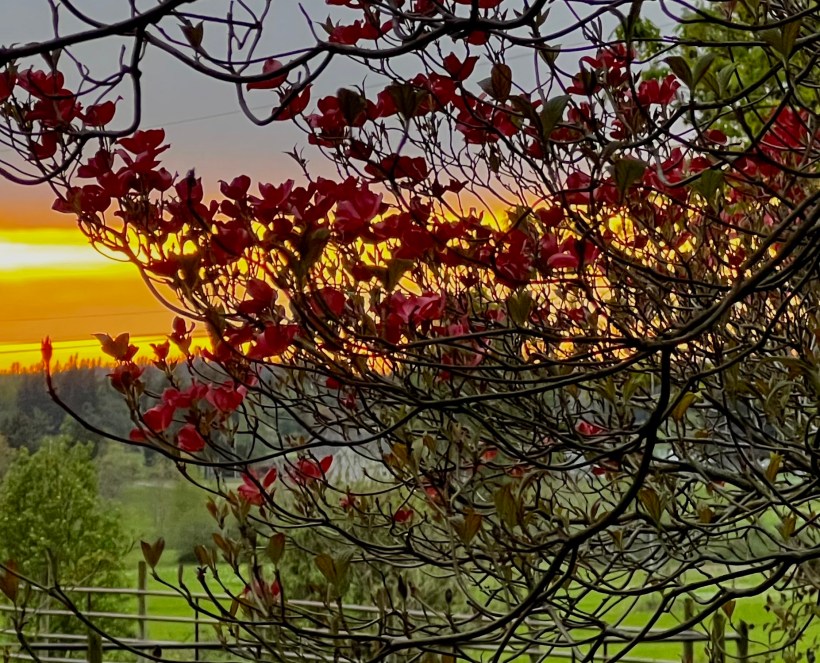
I hear a bird chirping, up in the sky
I’d like to be free like that spread my wings so high I
see the river flowing water running by
I’d like to be that river, see what I might find
I feel the wind a blowin’, slowly changing time
I’d like to be that wind, I’d swirl and the shape sky
I smell the flowers blooming, opening for spring
I’d like to be those flowers, open to everything
I feel the seasons change, the leaves, the snow and sun
I’d like to be those seasons, made up and undone
I taste the living earth, the seeds that grow within
I’d like to be that earth, a home where life begins
I see the moon a risin’, reaching into night
I’d like to be that moon, a knowing glowing light
I know the silence as the world begins to wake
I’d like to be that silence as the morning breaks
He doesn’t know the world at all
Who stays in his nest and doesn’t go out.
He doesn’t know what birds know best
Nor what I sing about, Nor what I sing about, Nor what sing about:
That the world is full of loveliness.
When dew-drops sparkle in the grass
And earth is aflood with morning light. light
A blackbird sings upon a bush
To greet the dawning after night,
the dawning after night,
the dawning after night.
Then I know how fine it is to live.
Hey, try to open your heart to beauty;
Go to the woods someday
And weave a wreath of memory there.
Then if tears obscure your way
You’ll know how wonderful it is
To be alive.
~Paul Read


